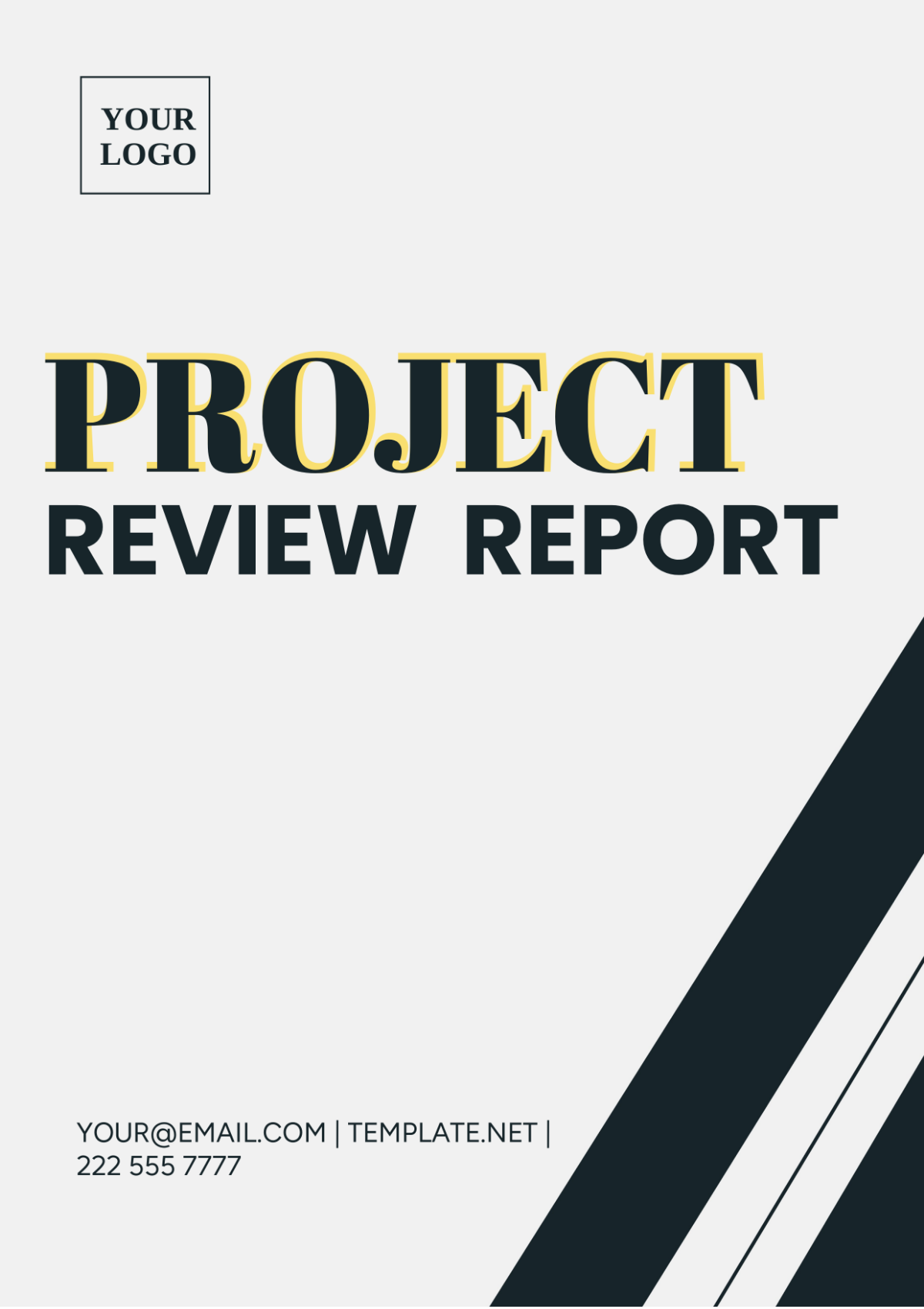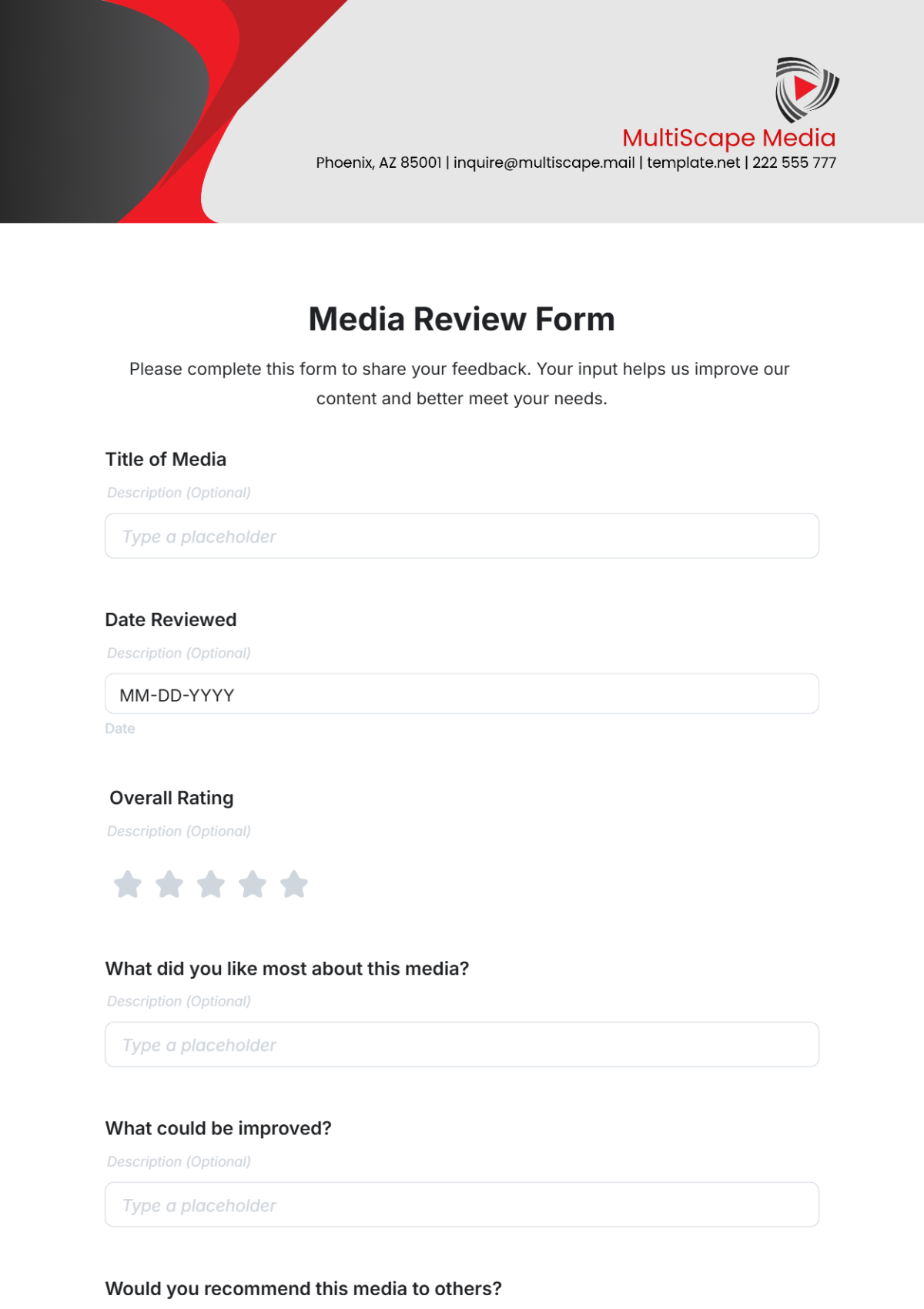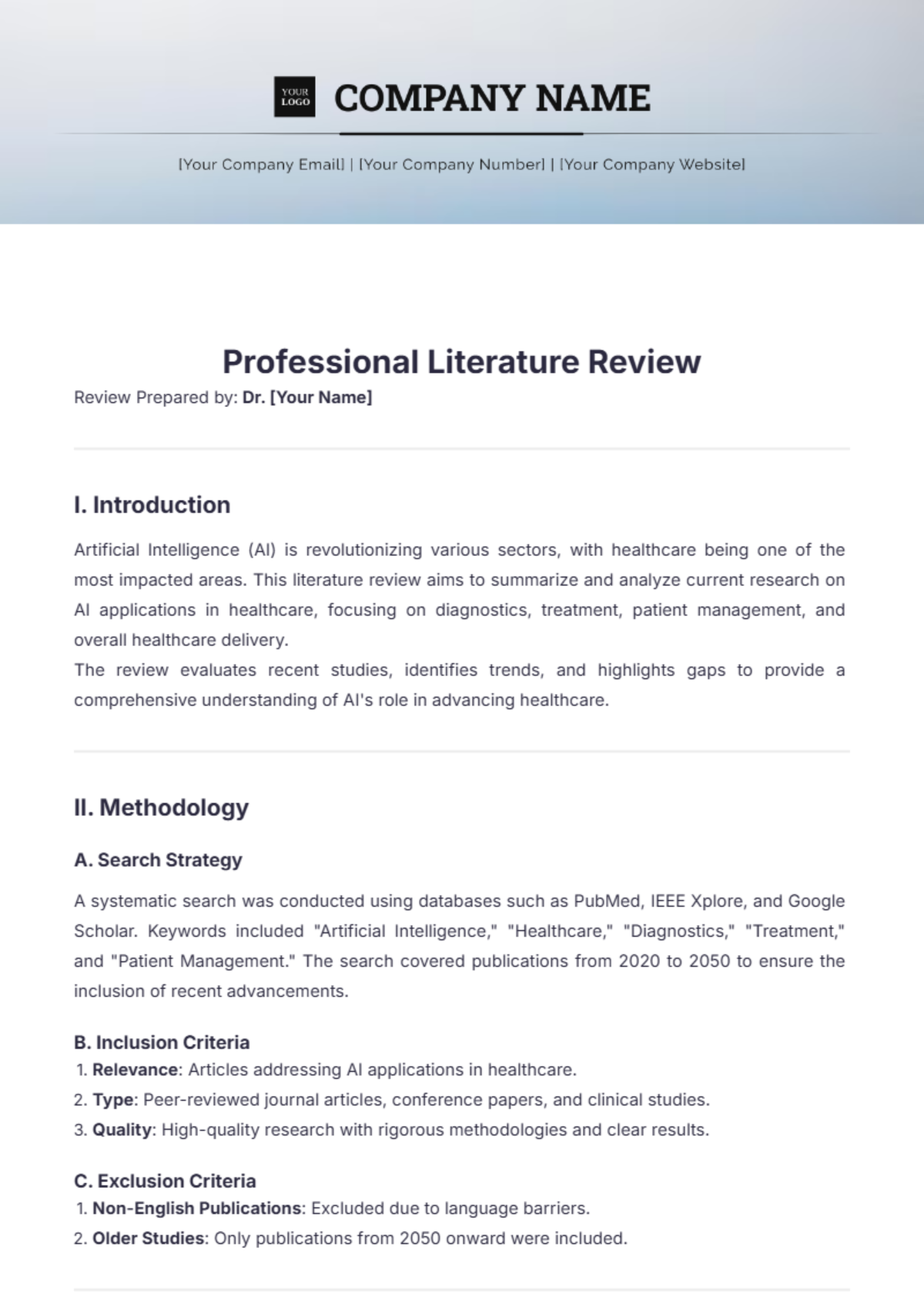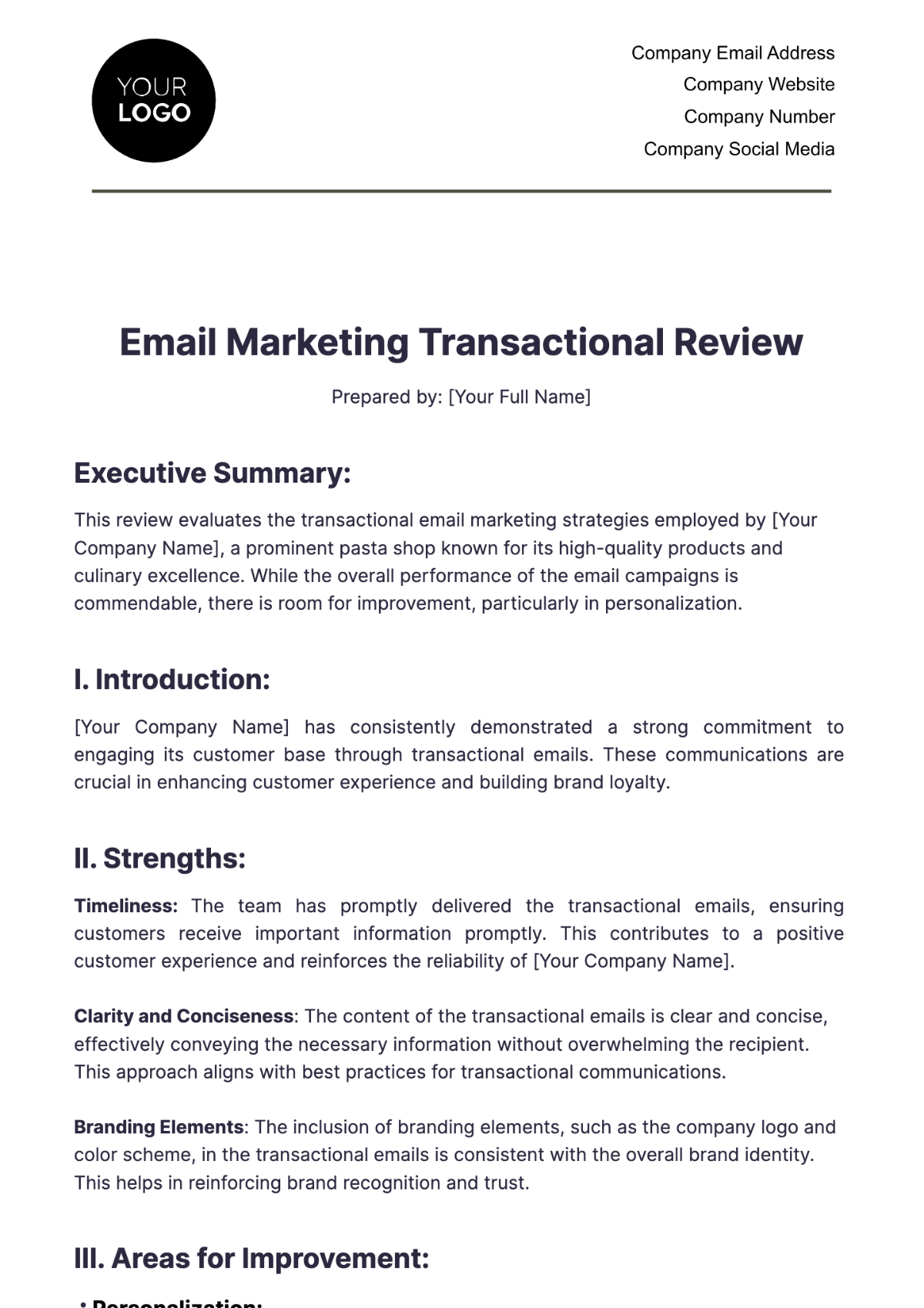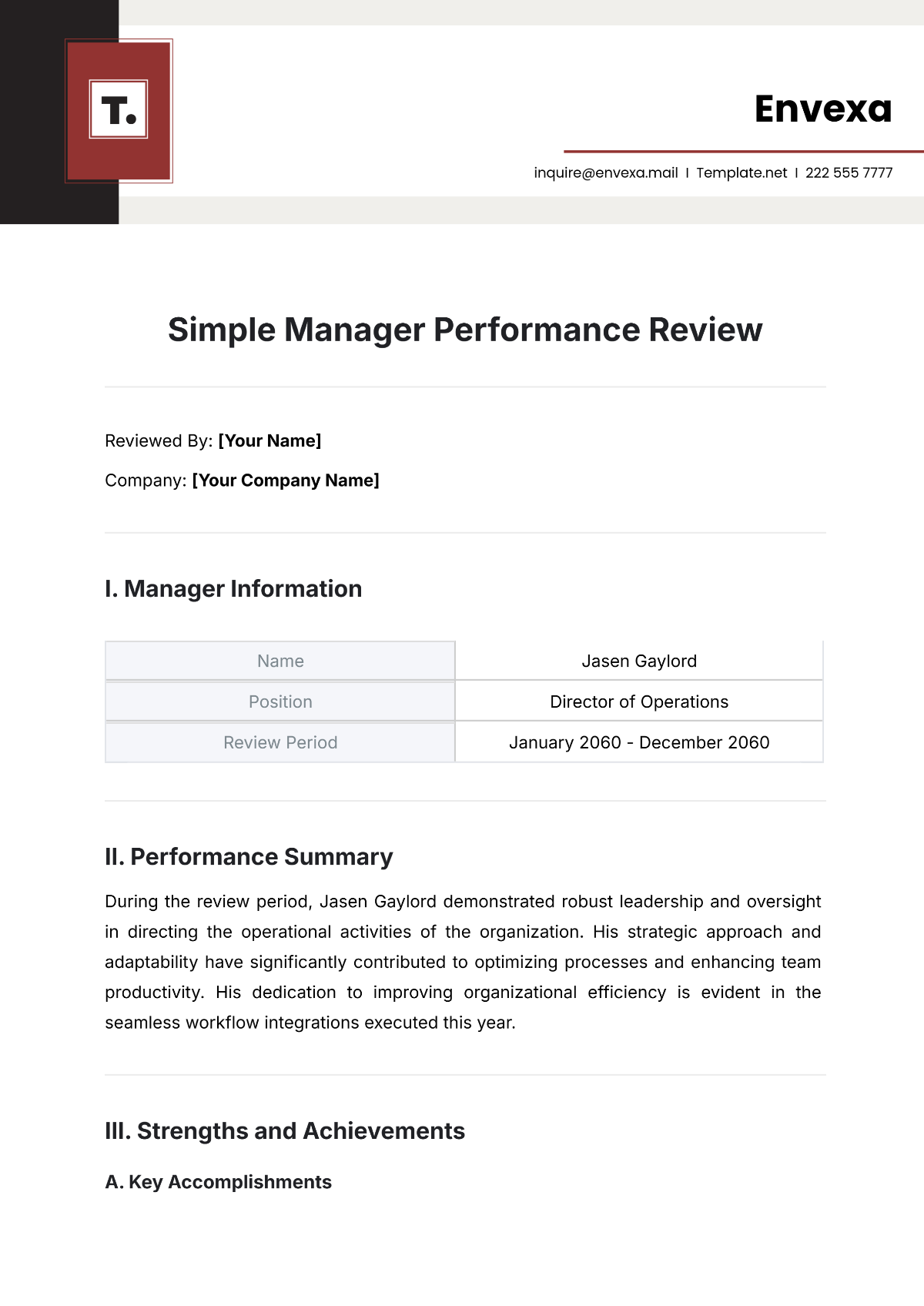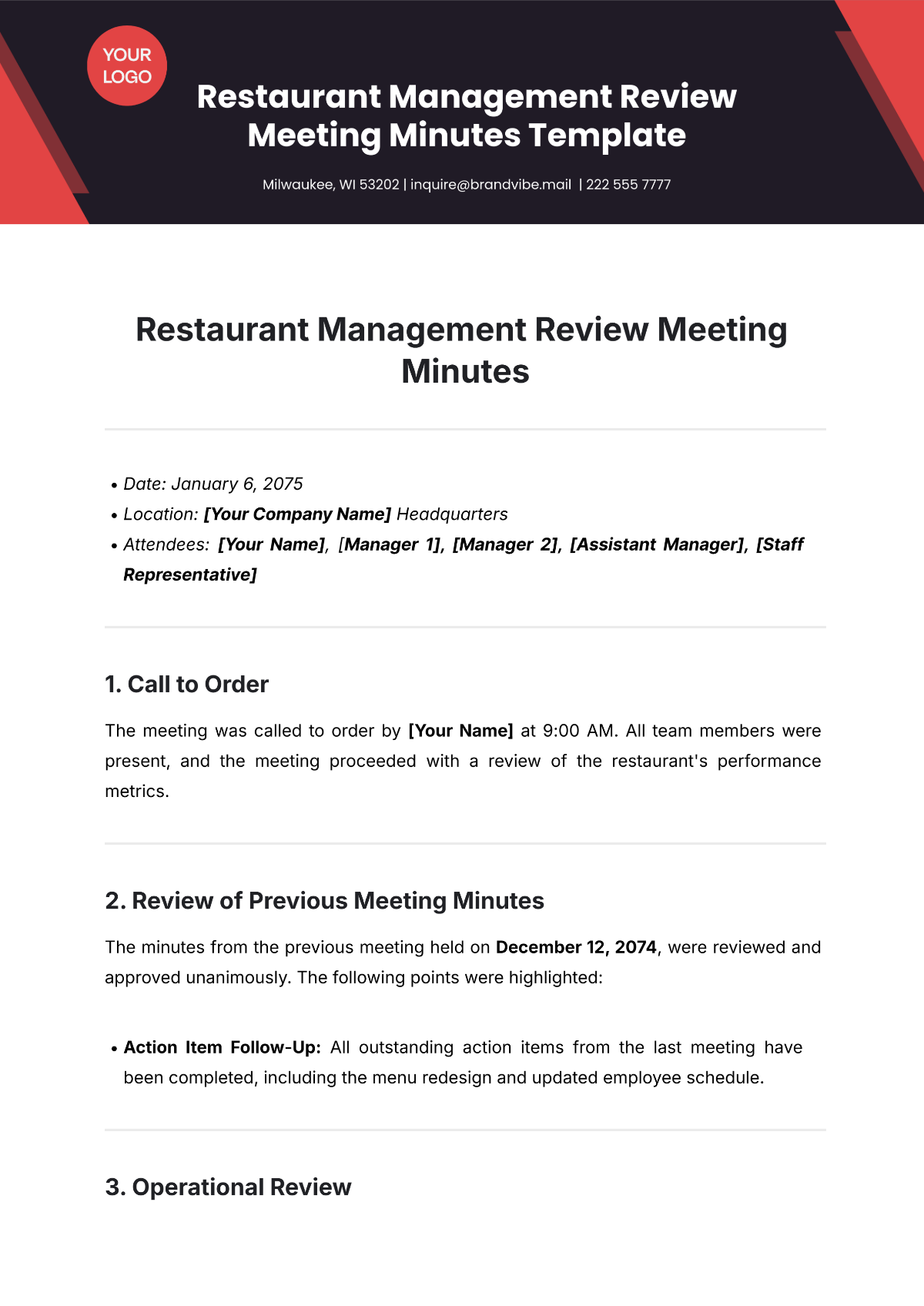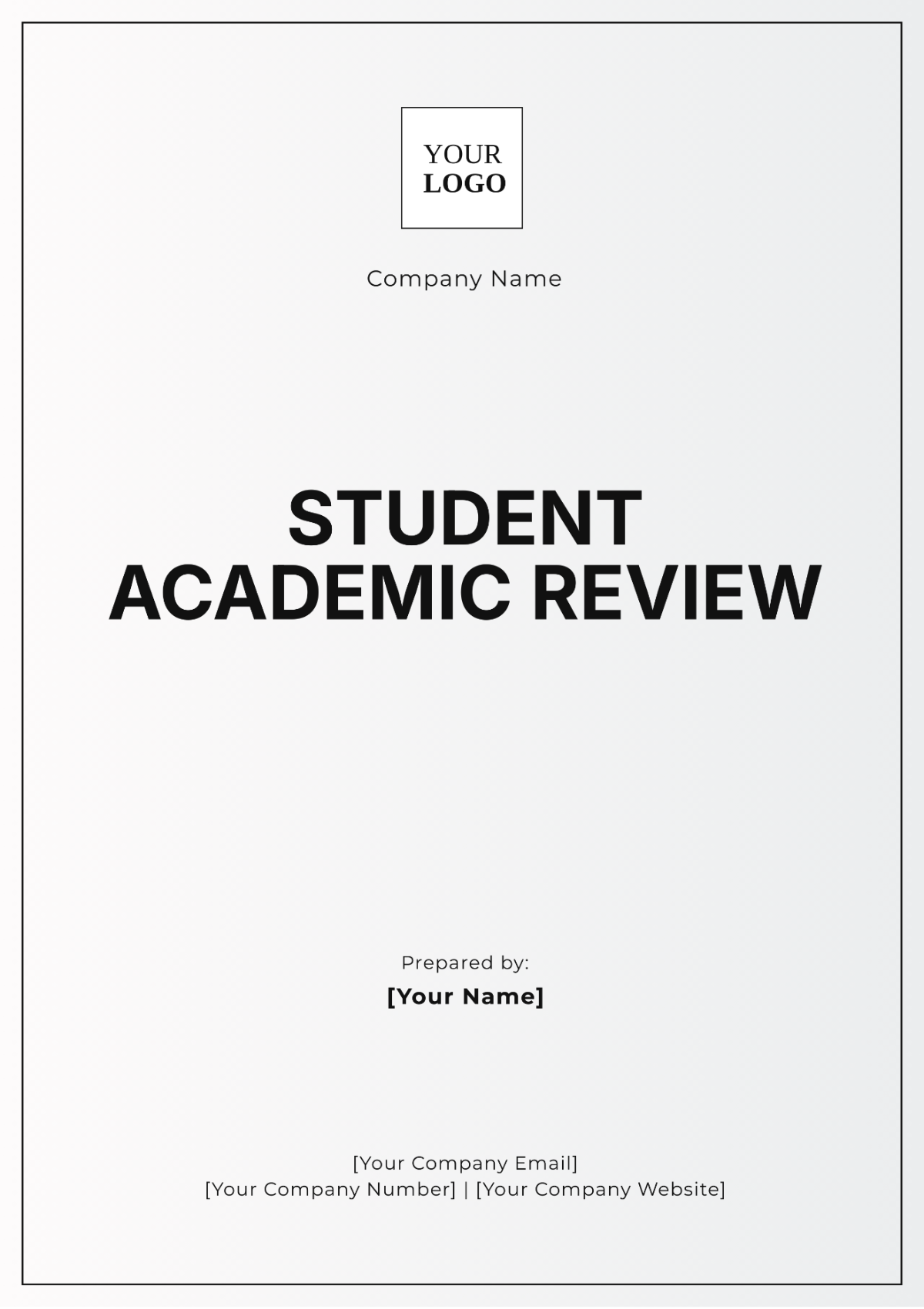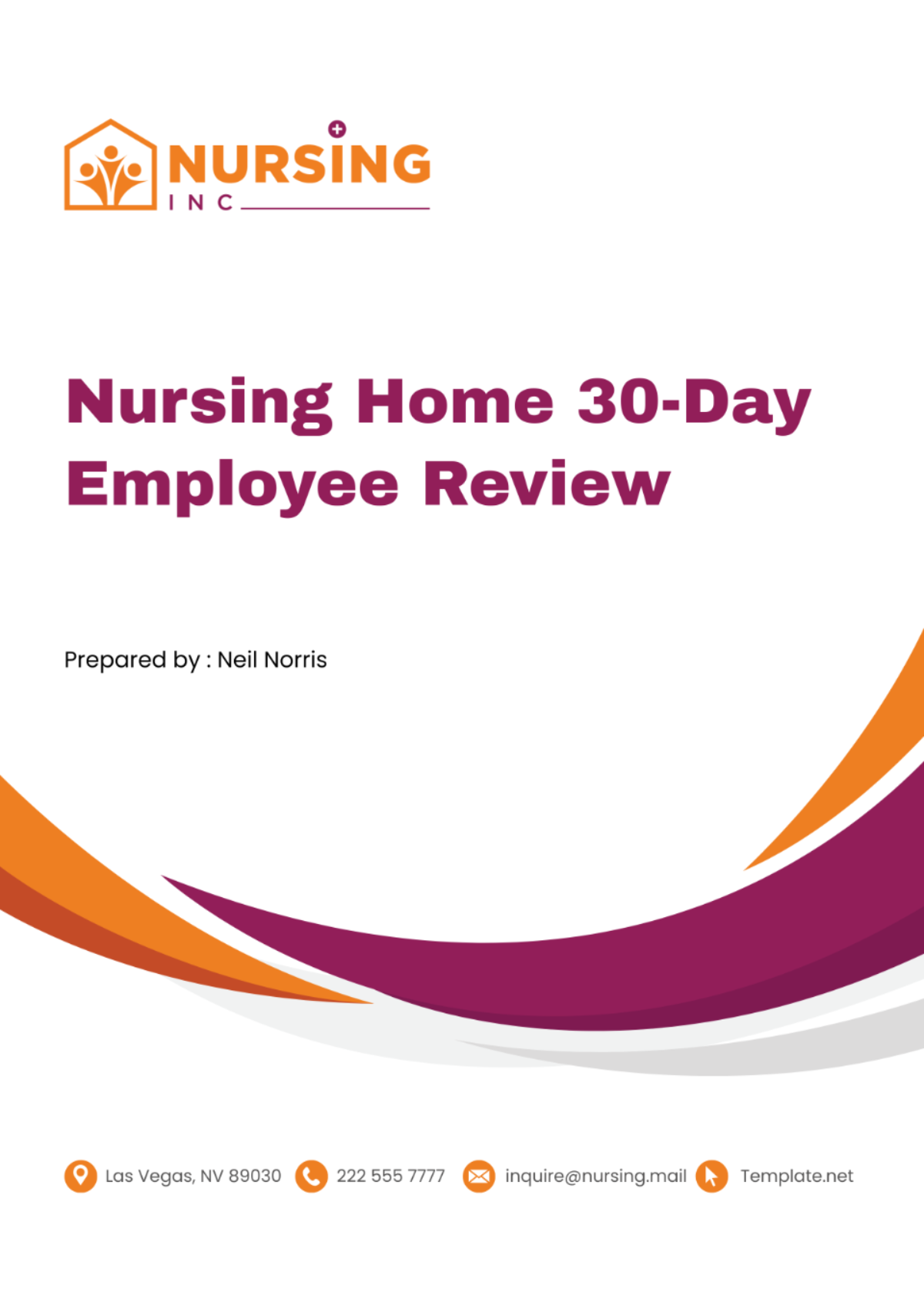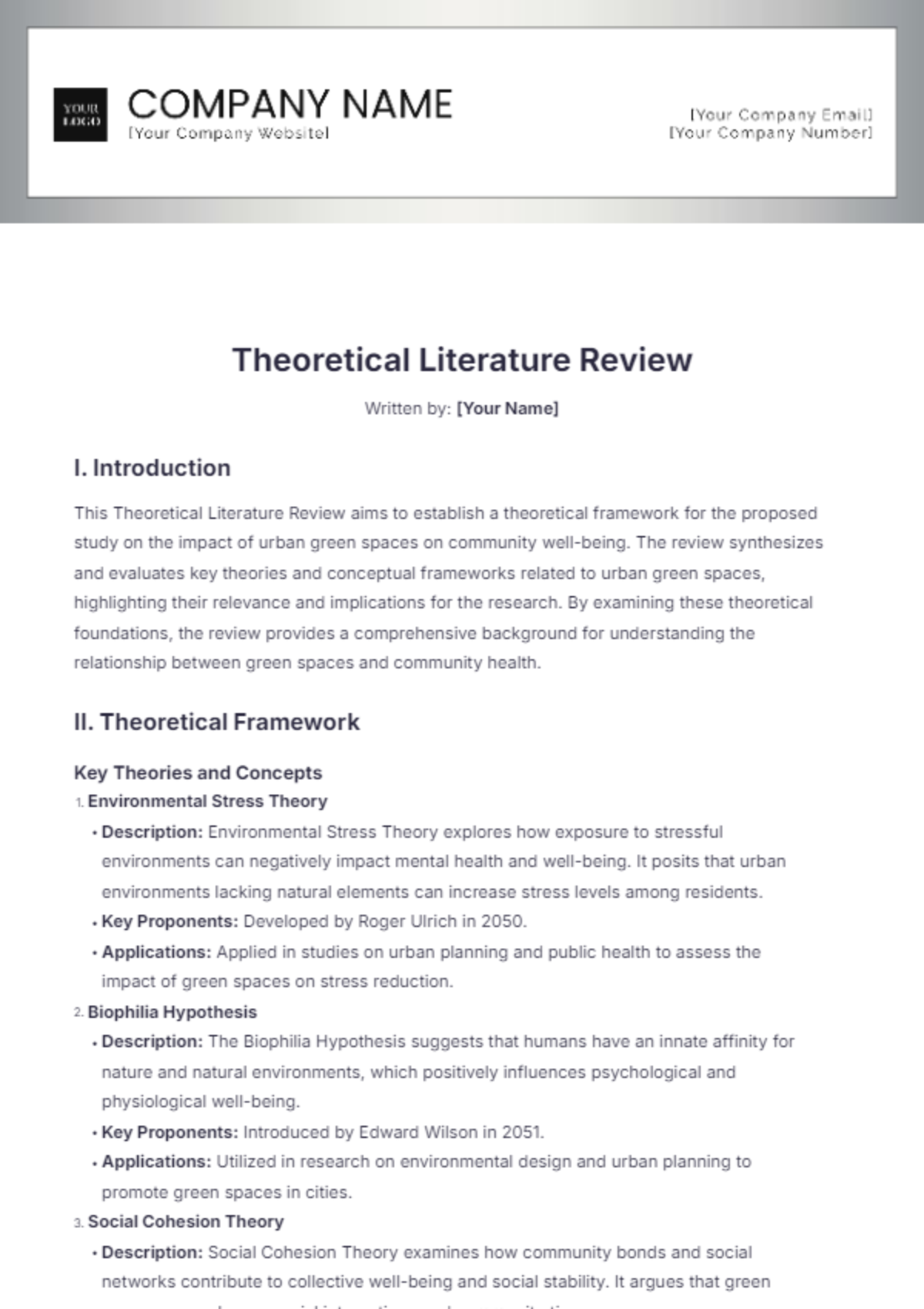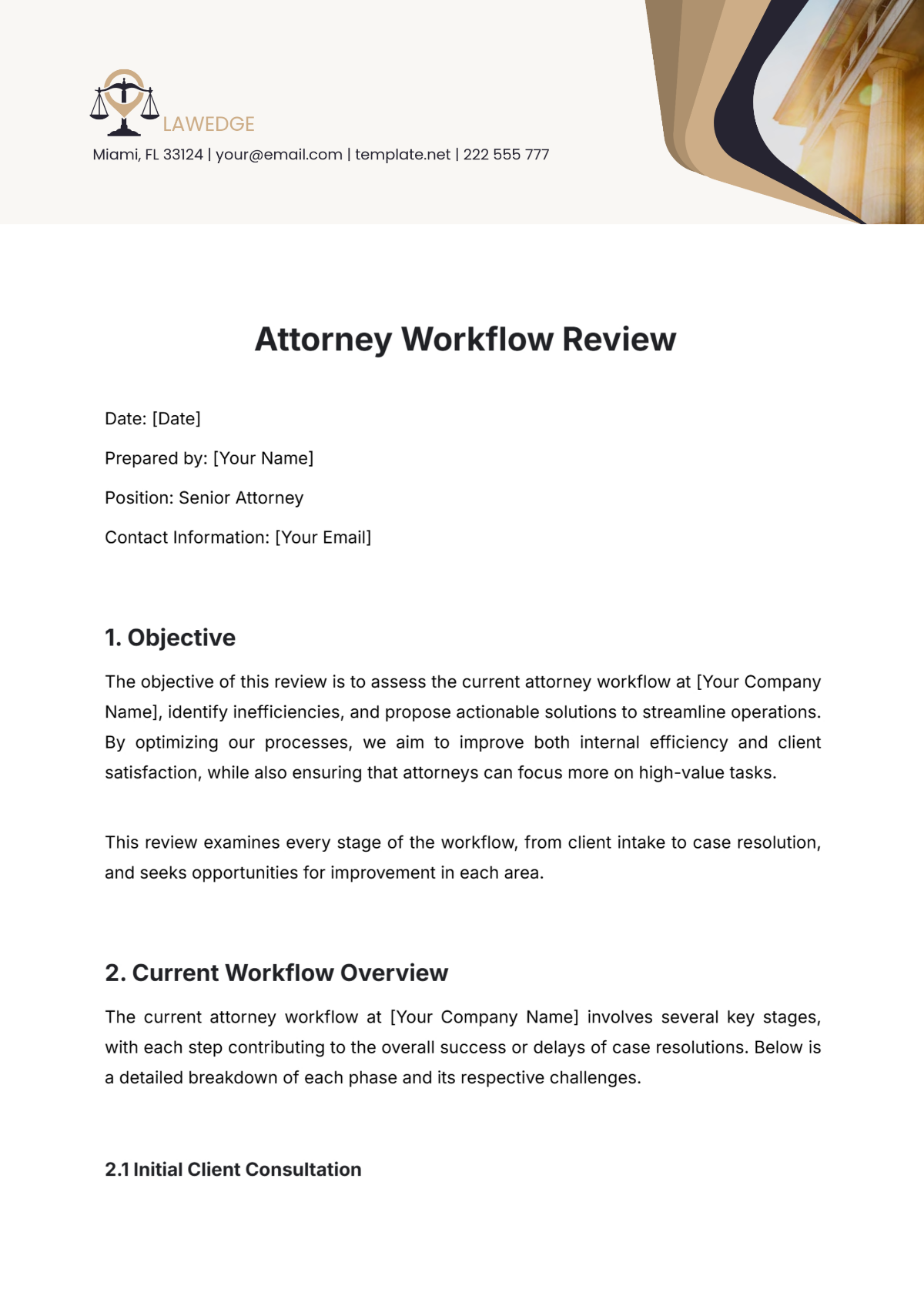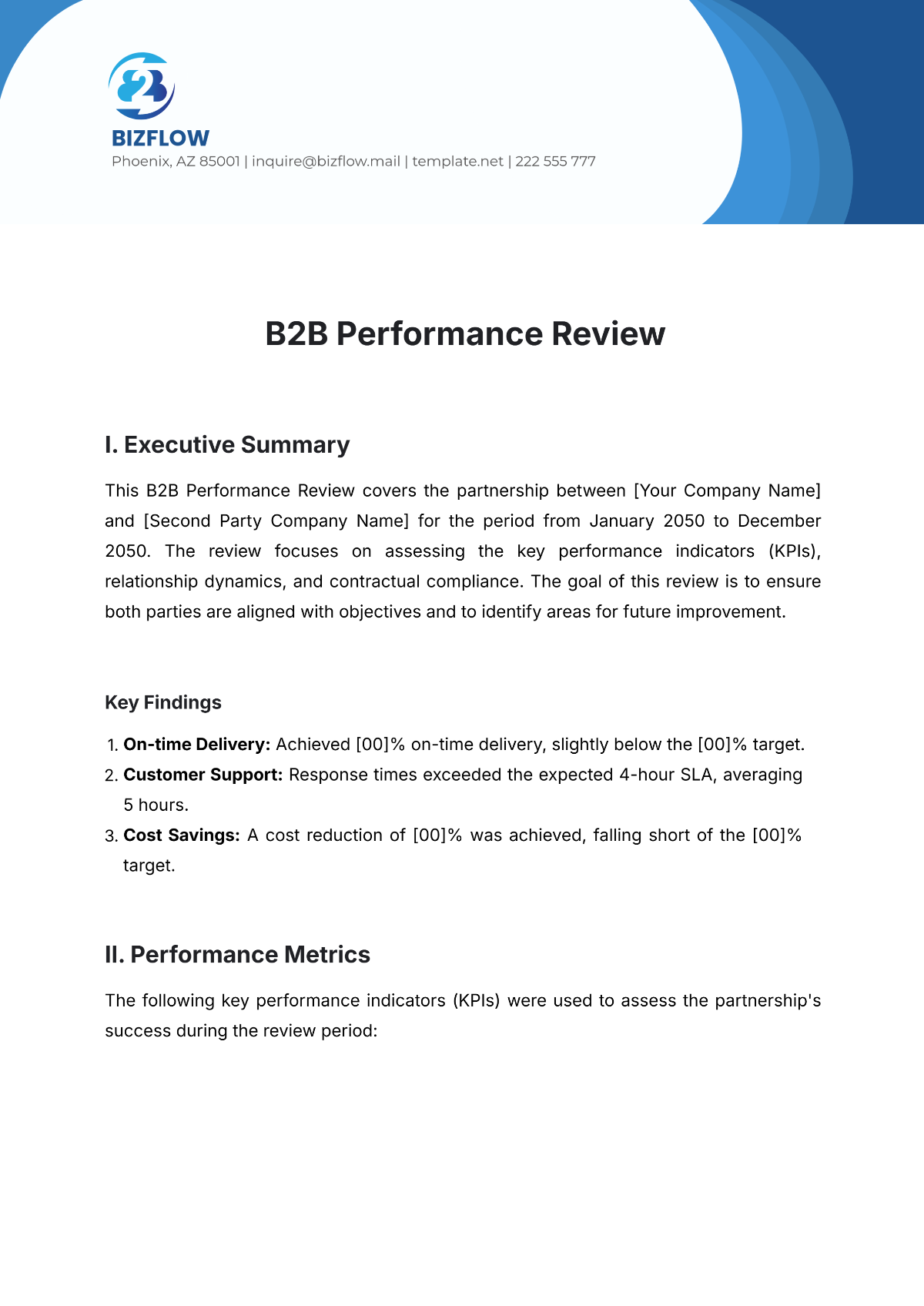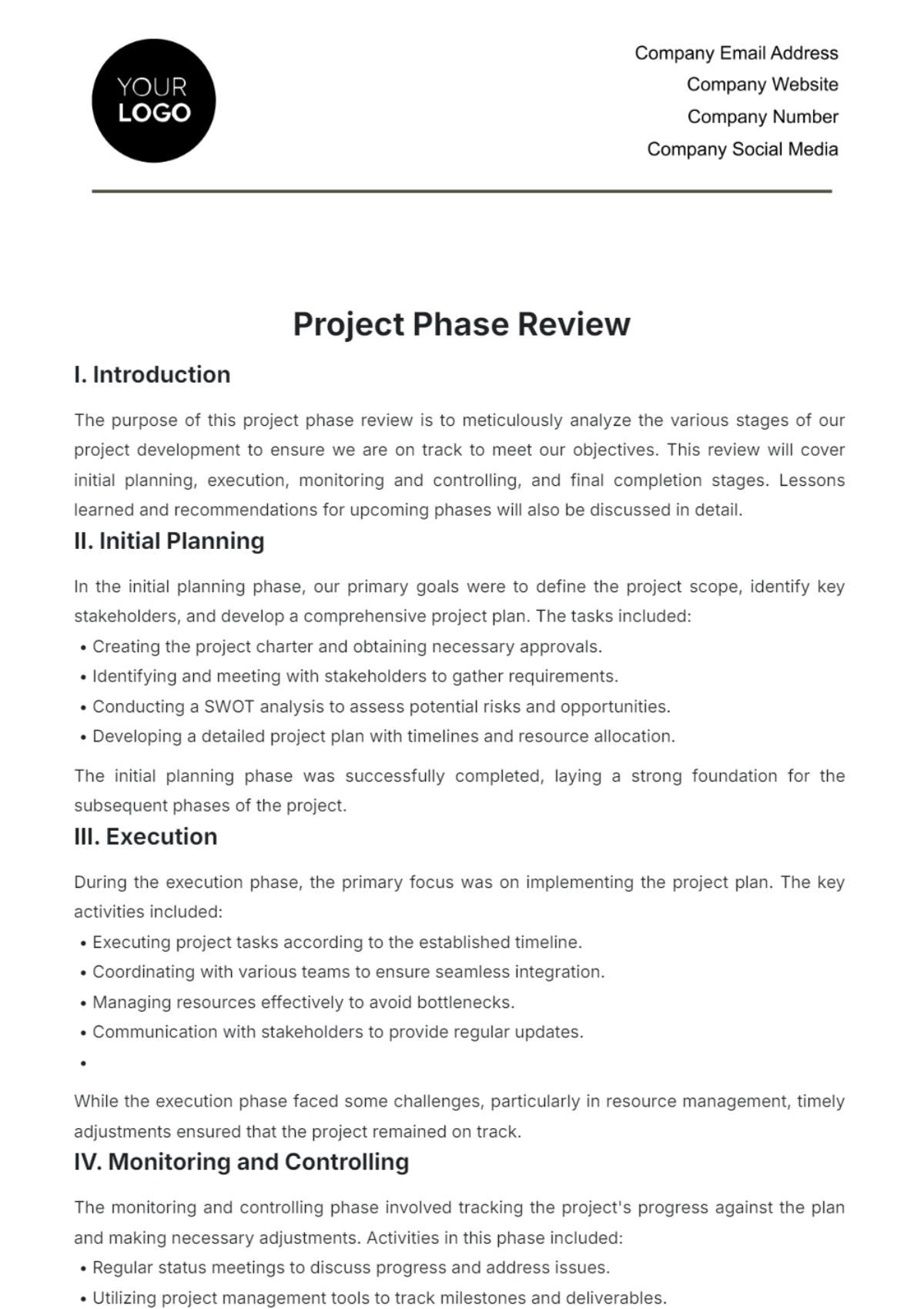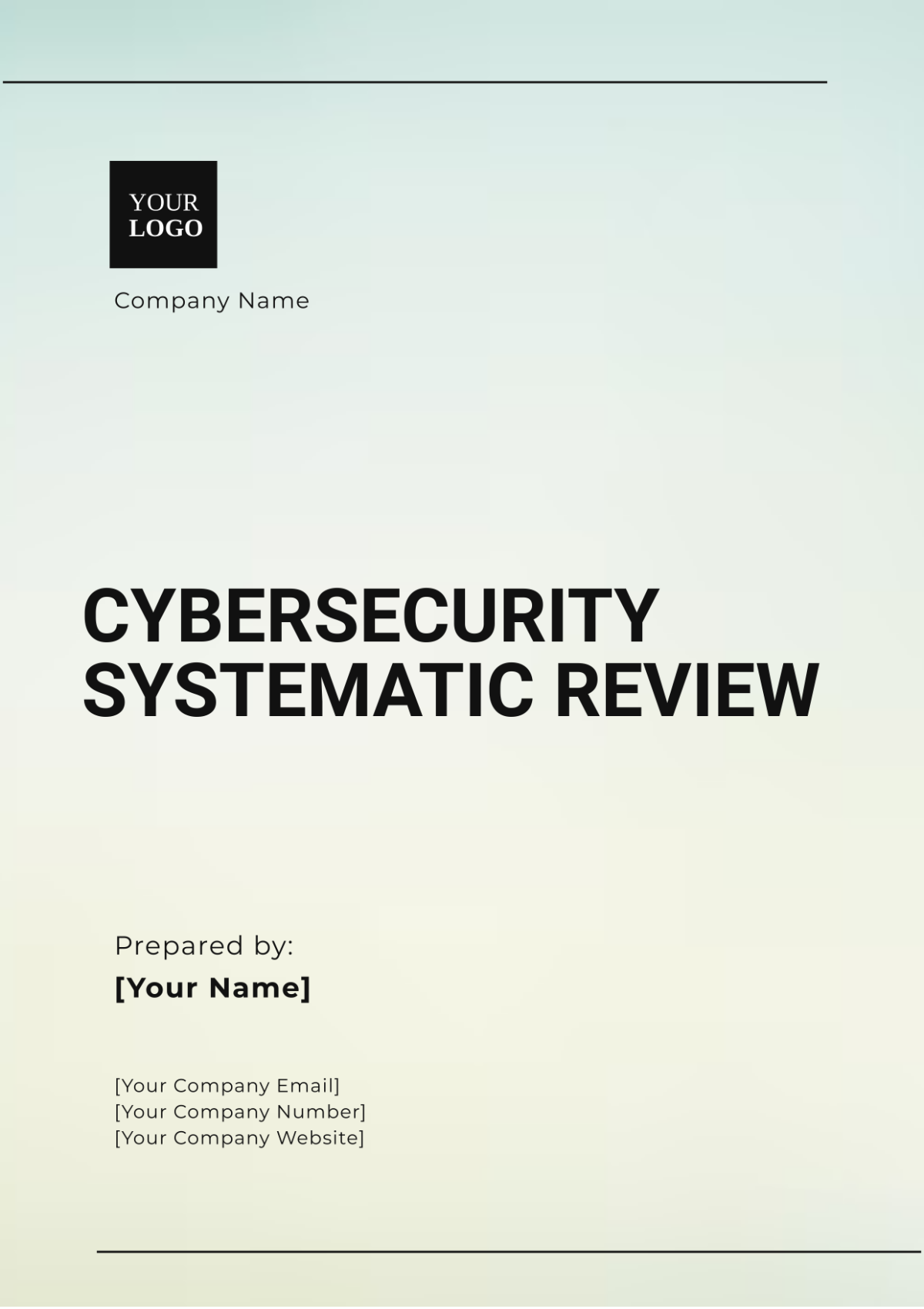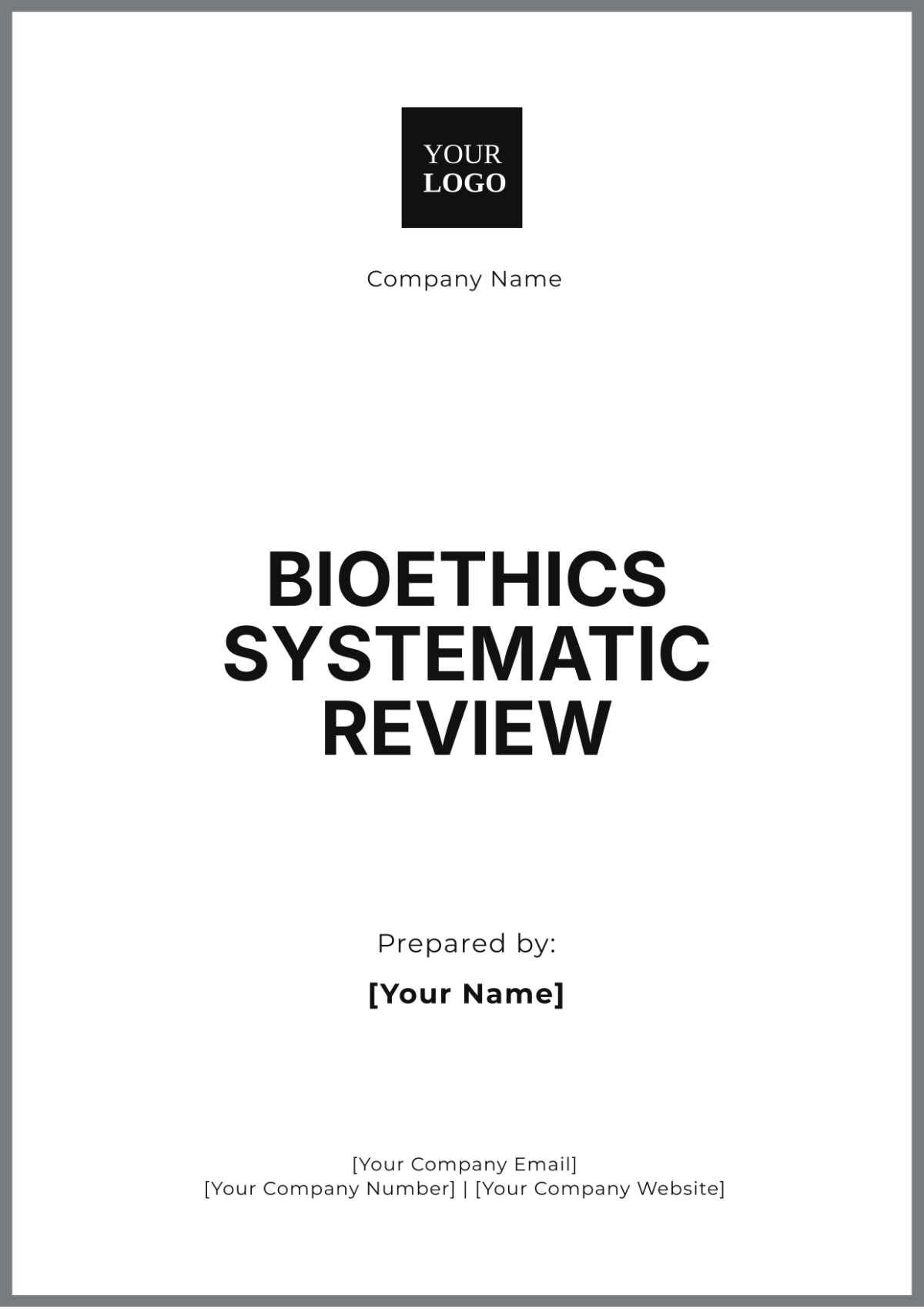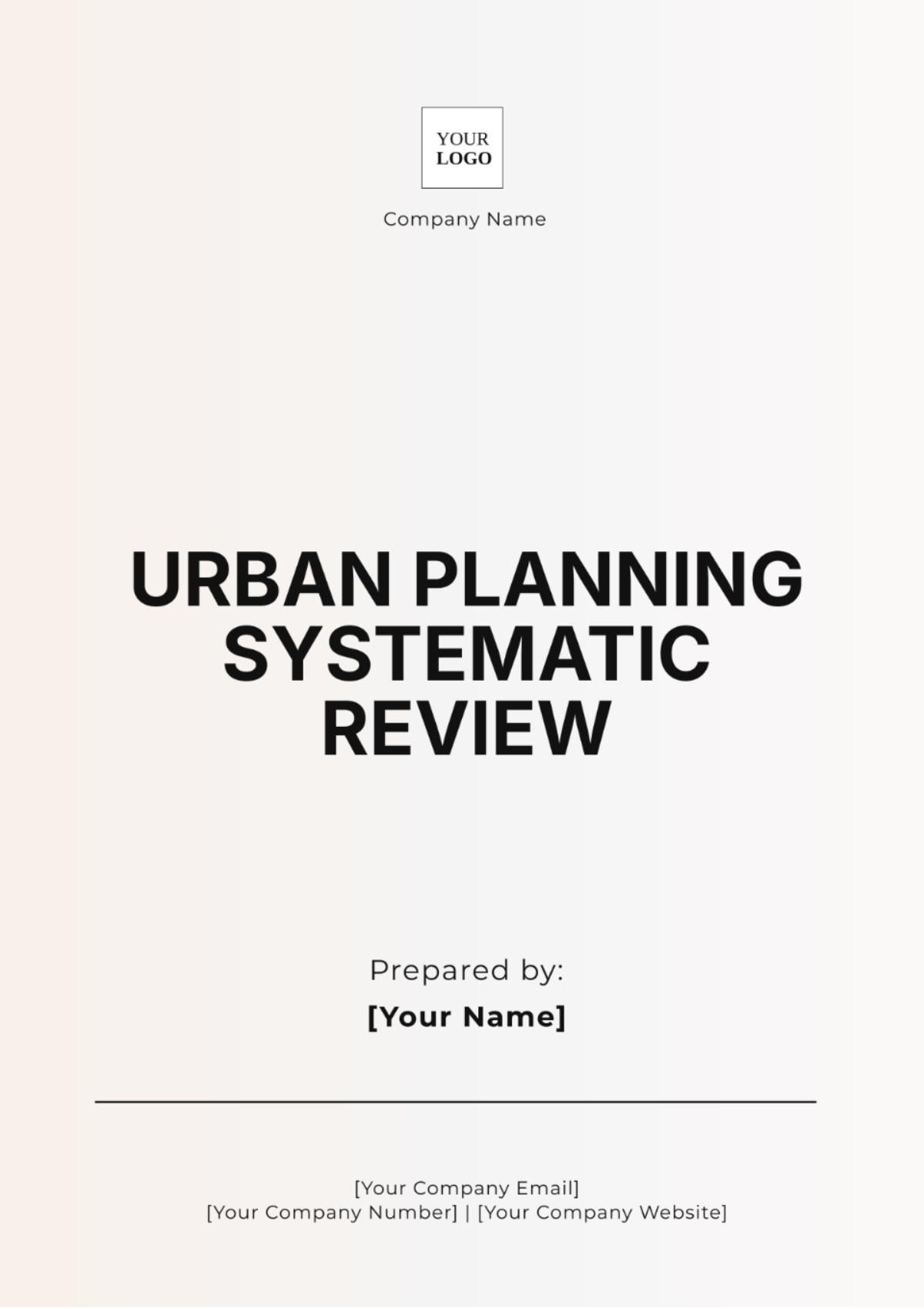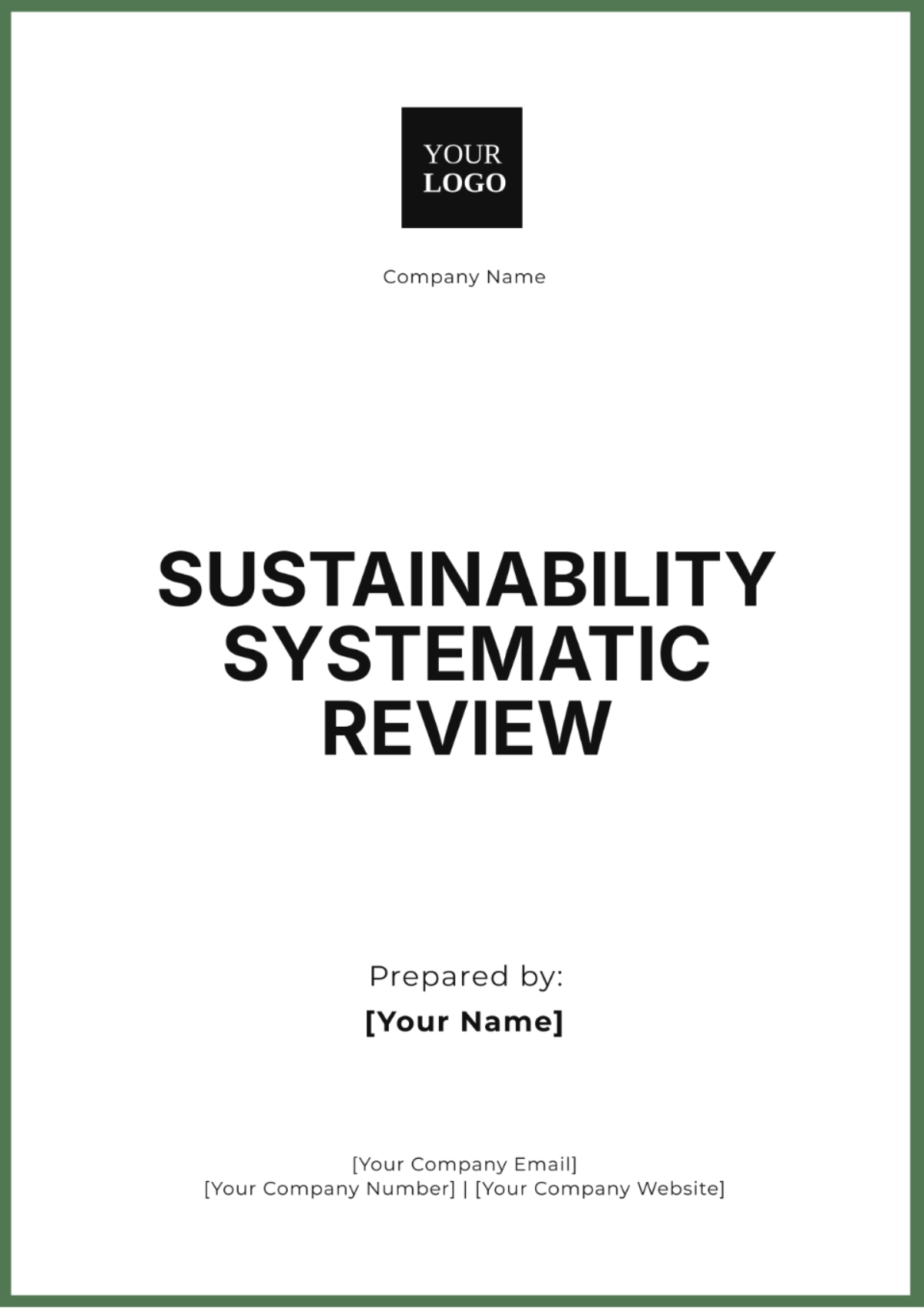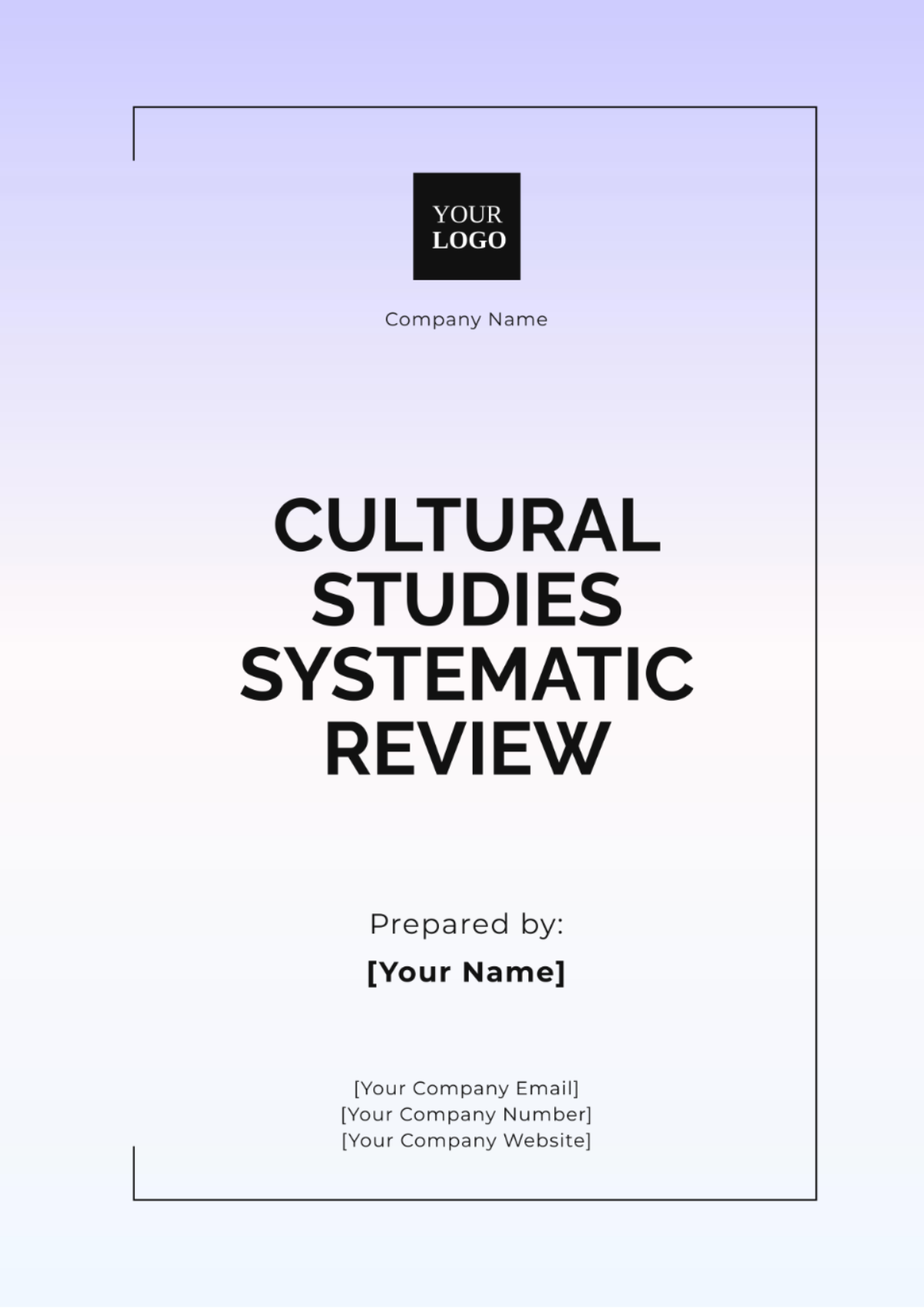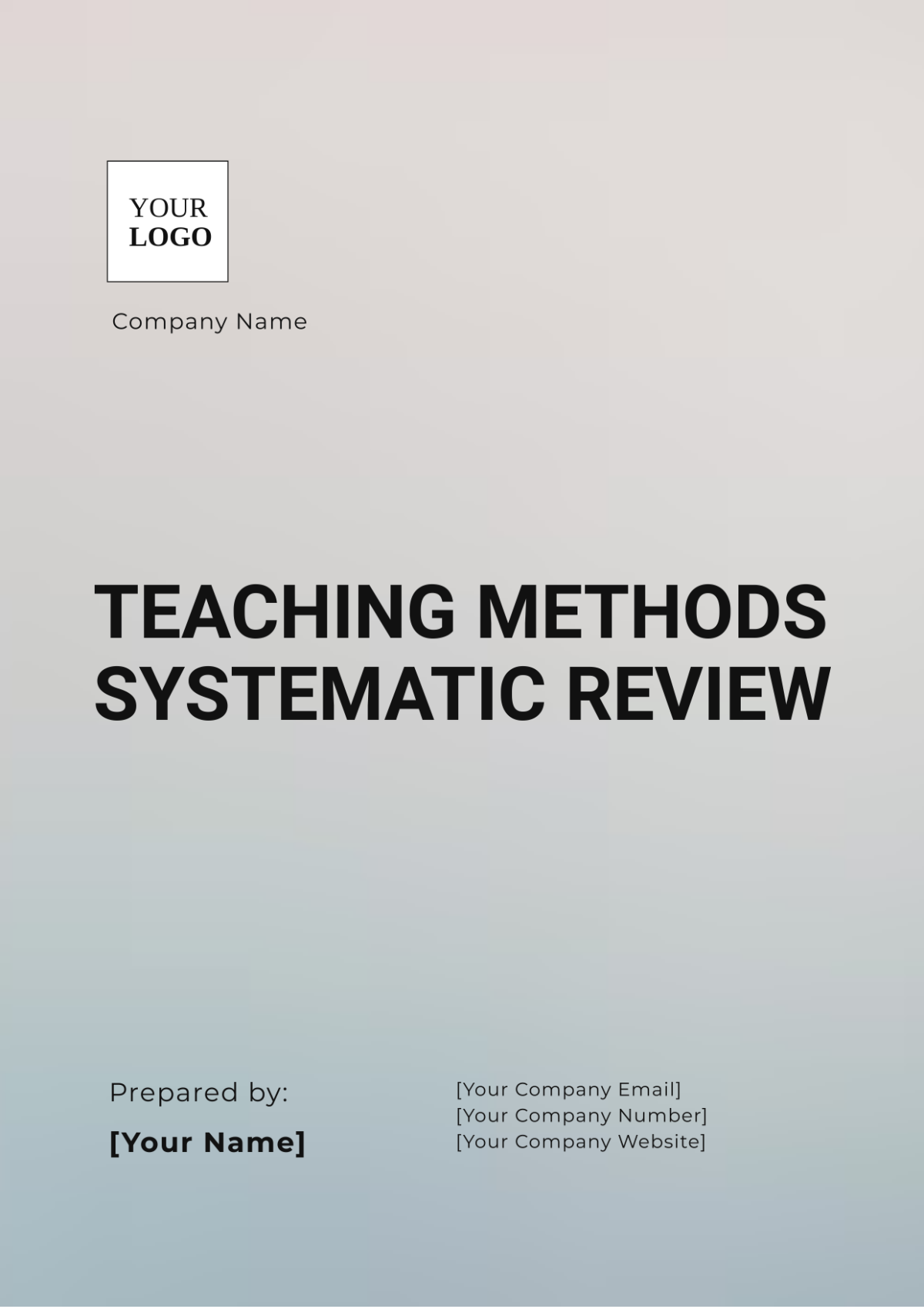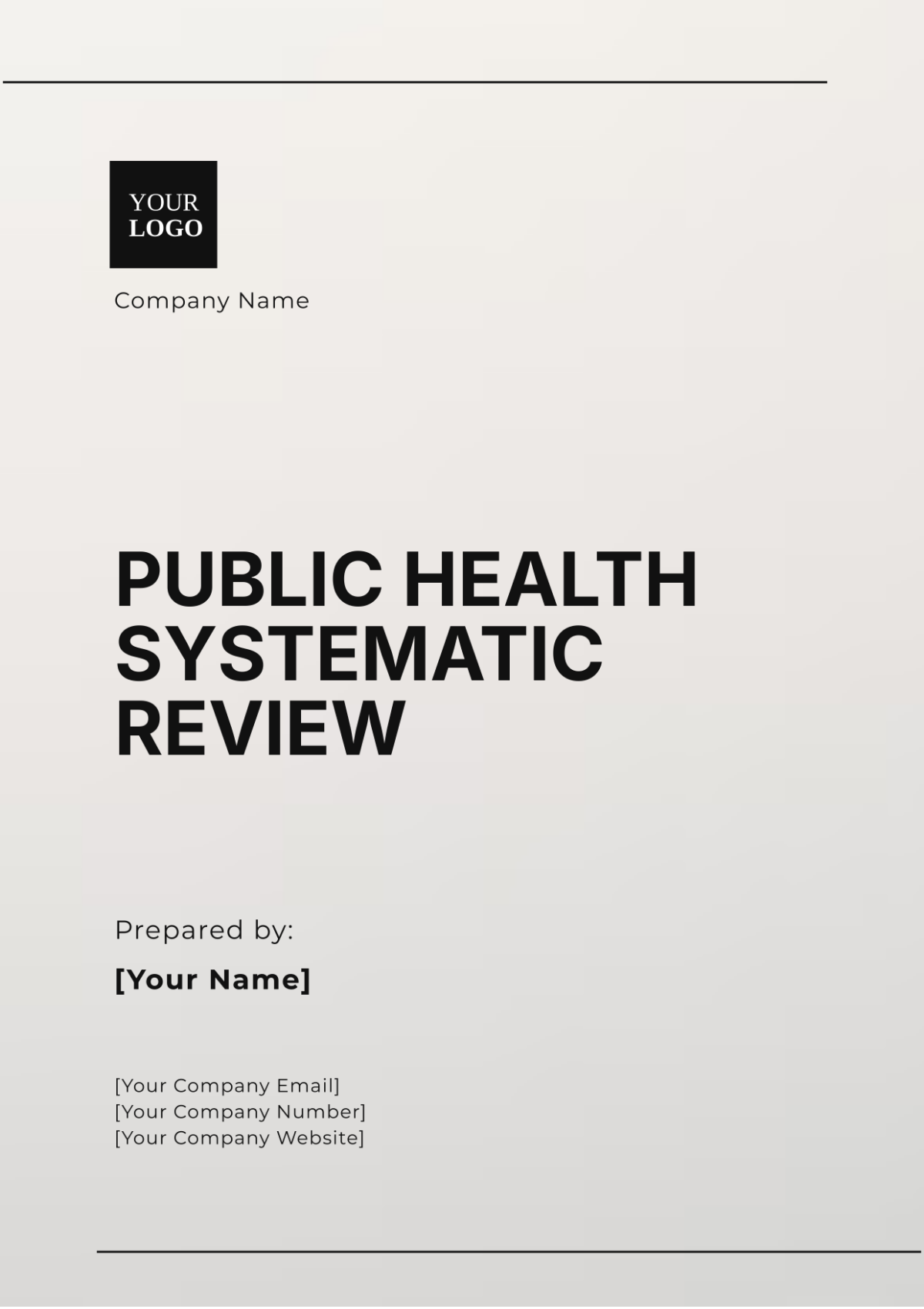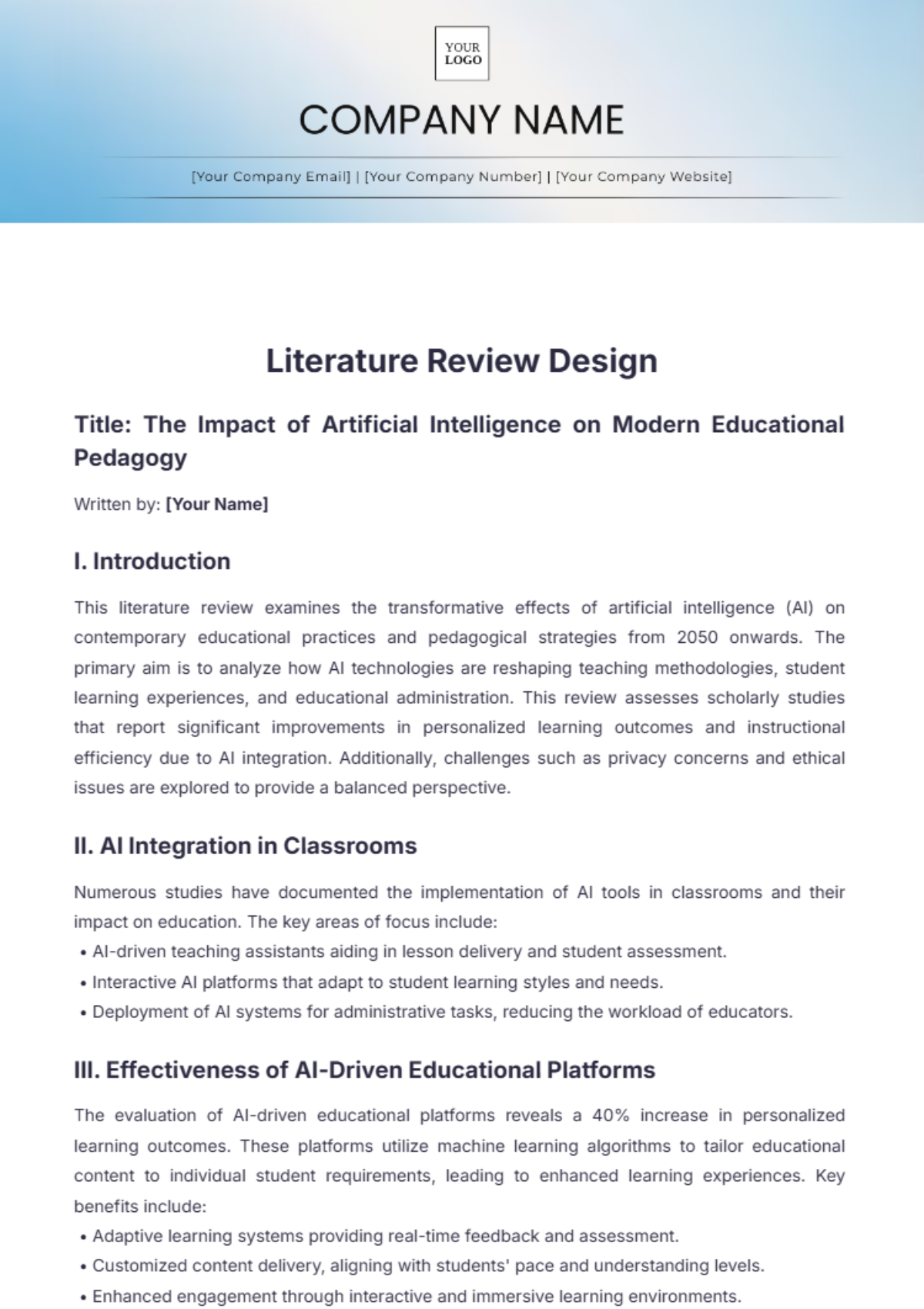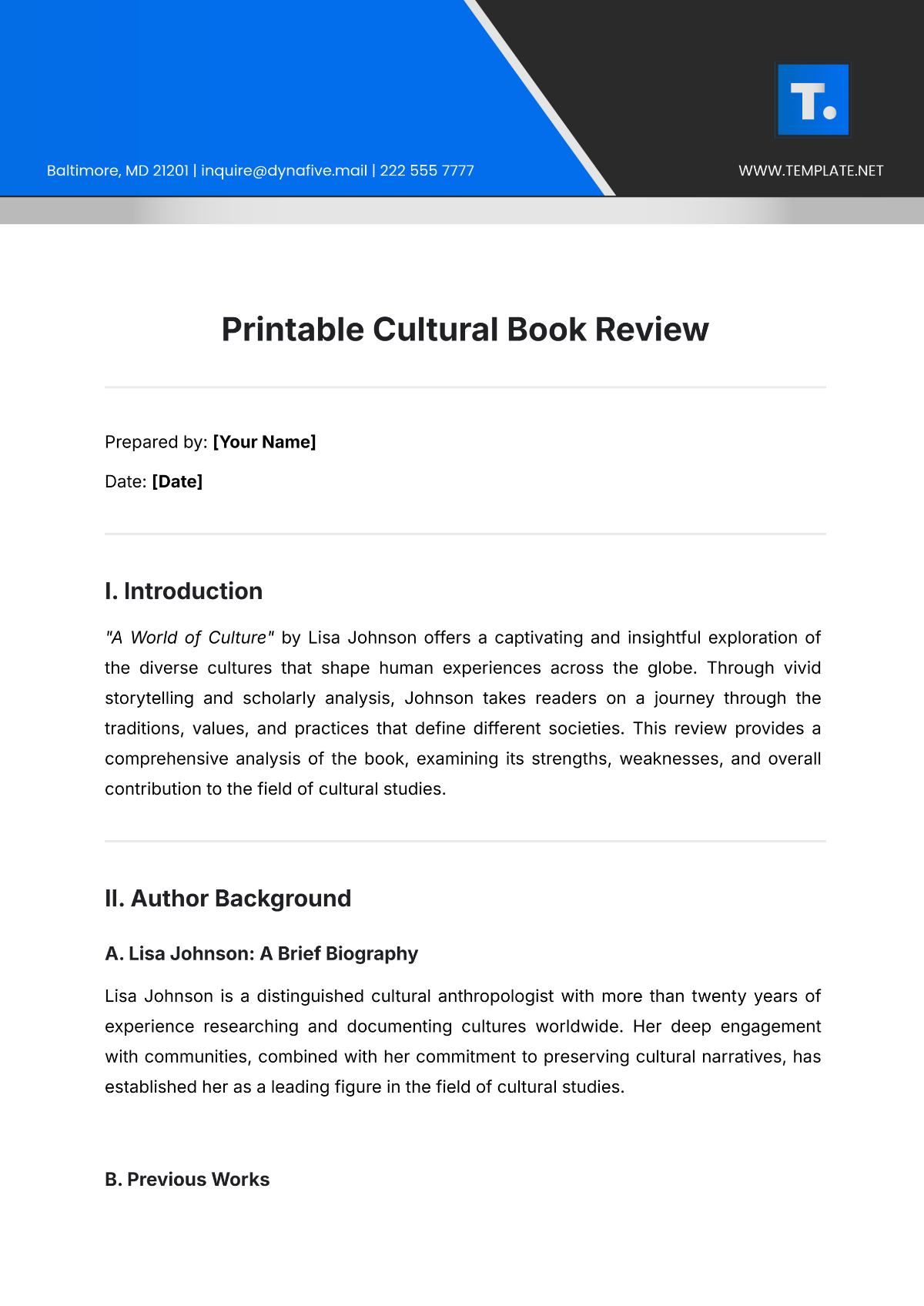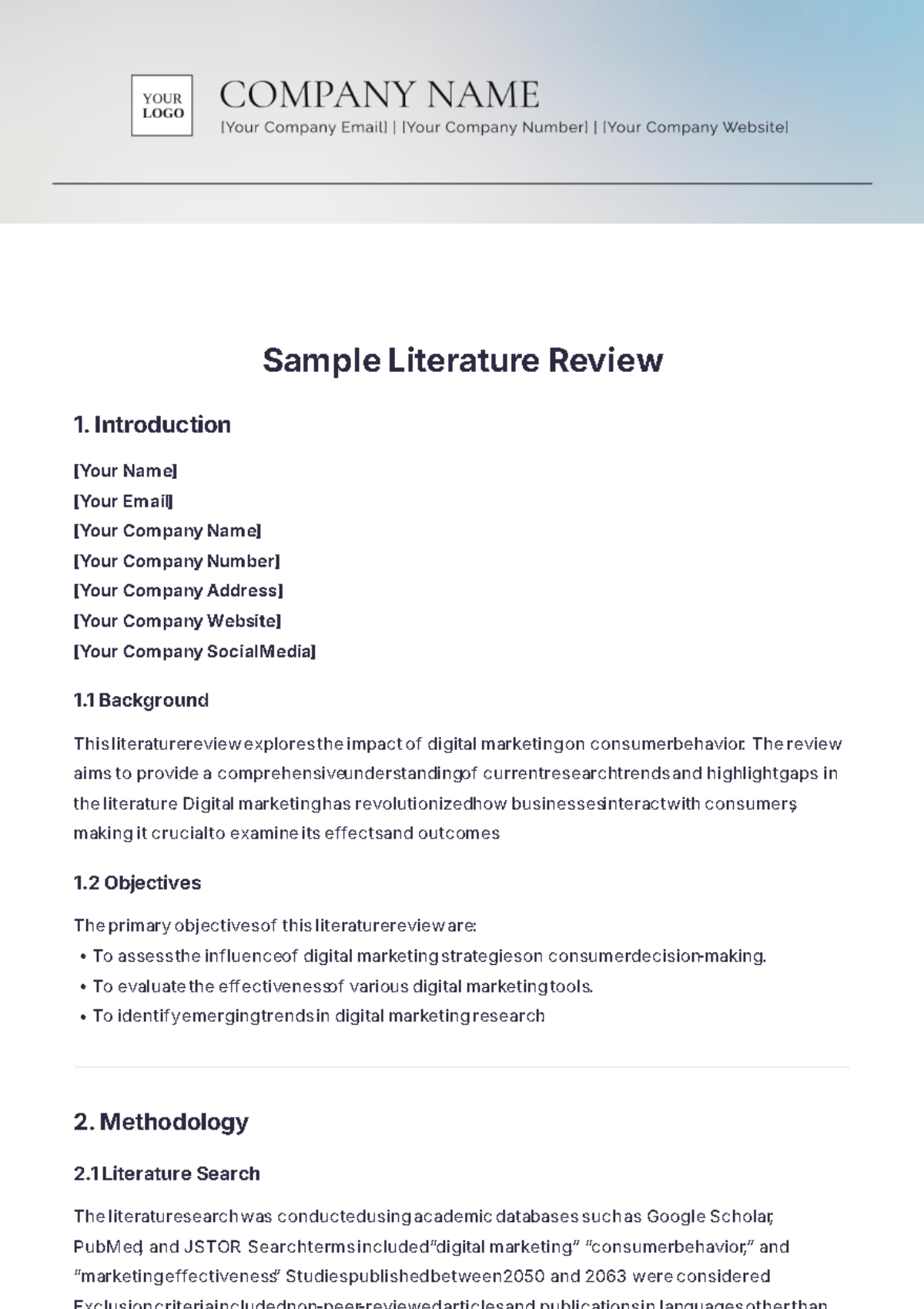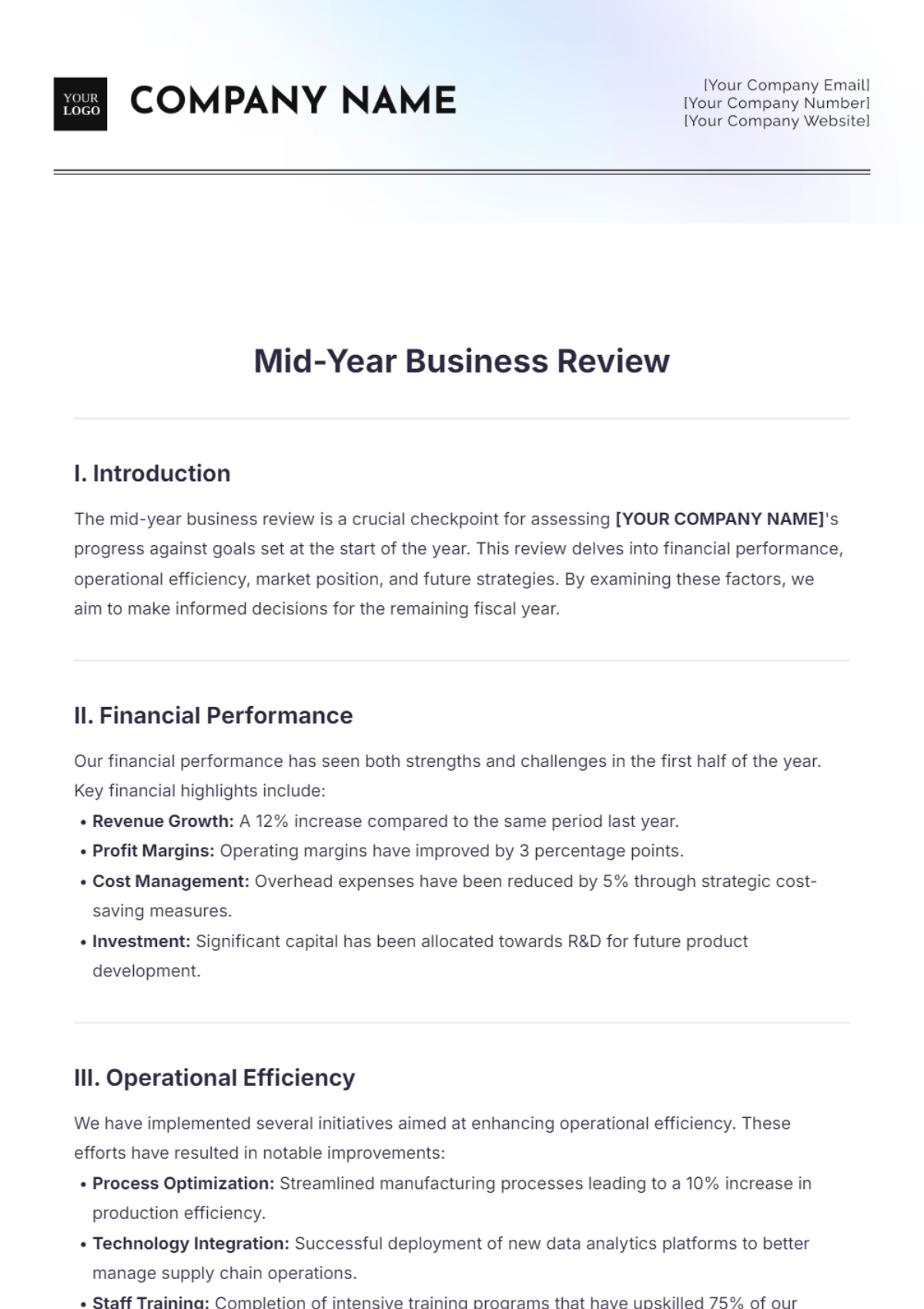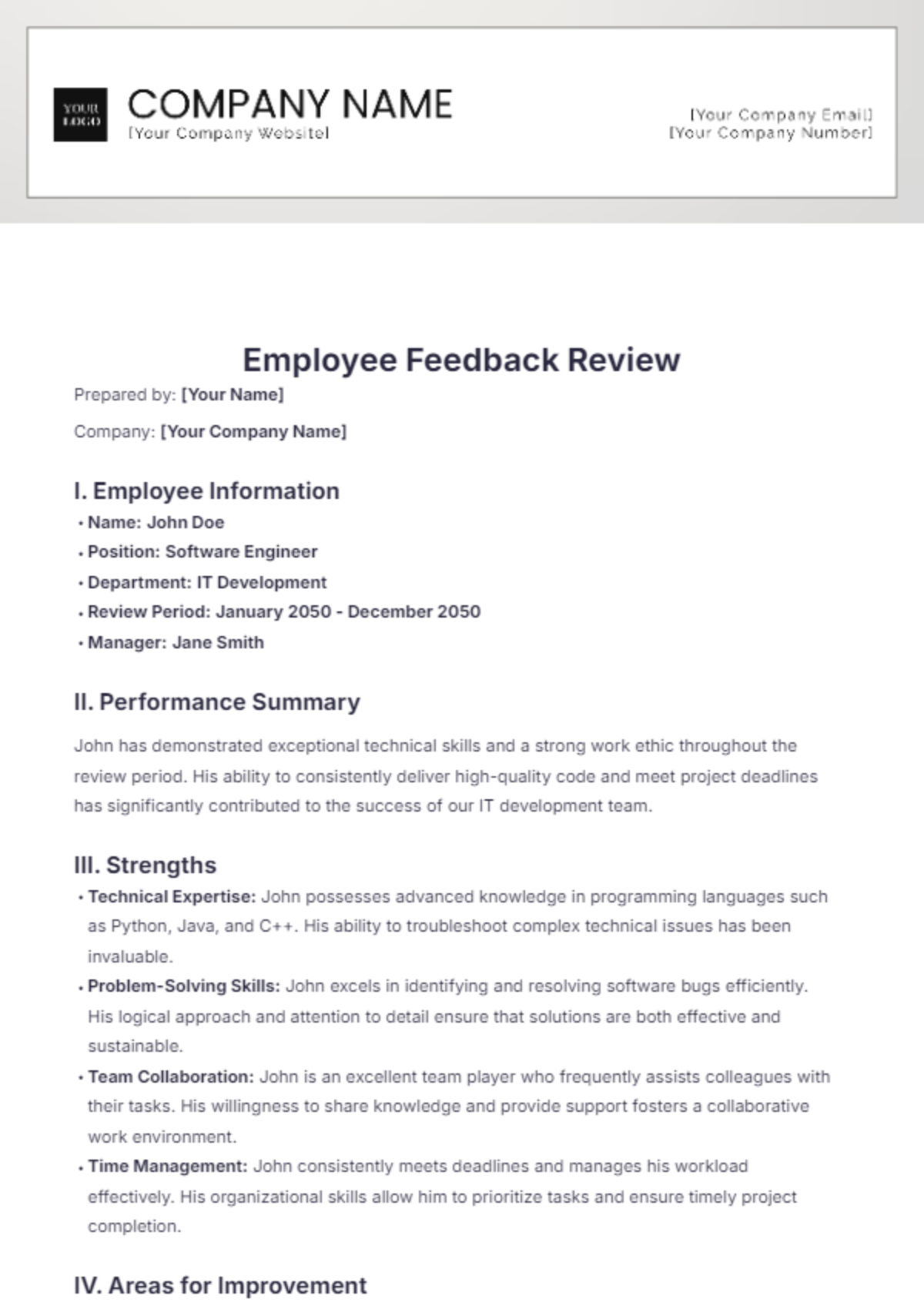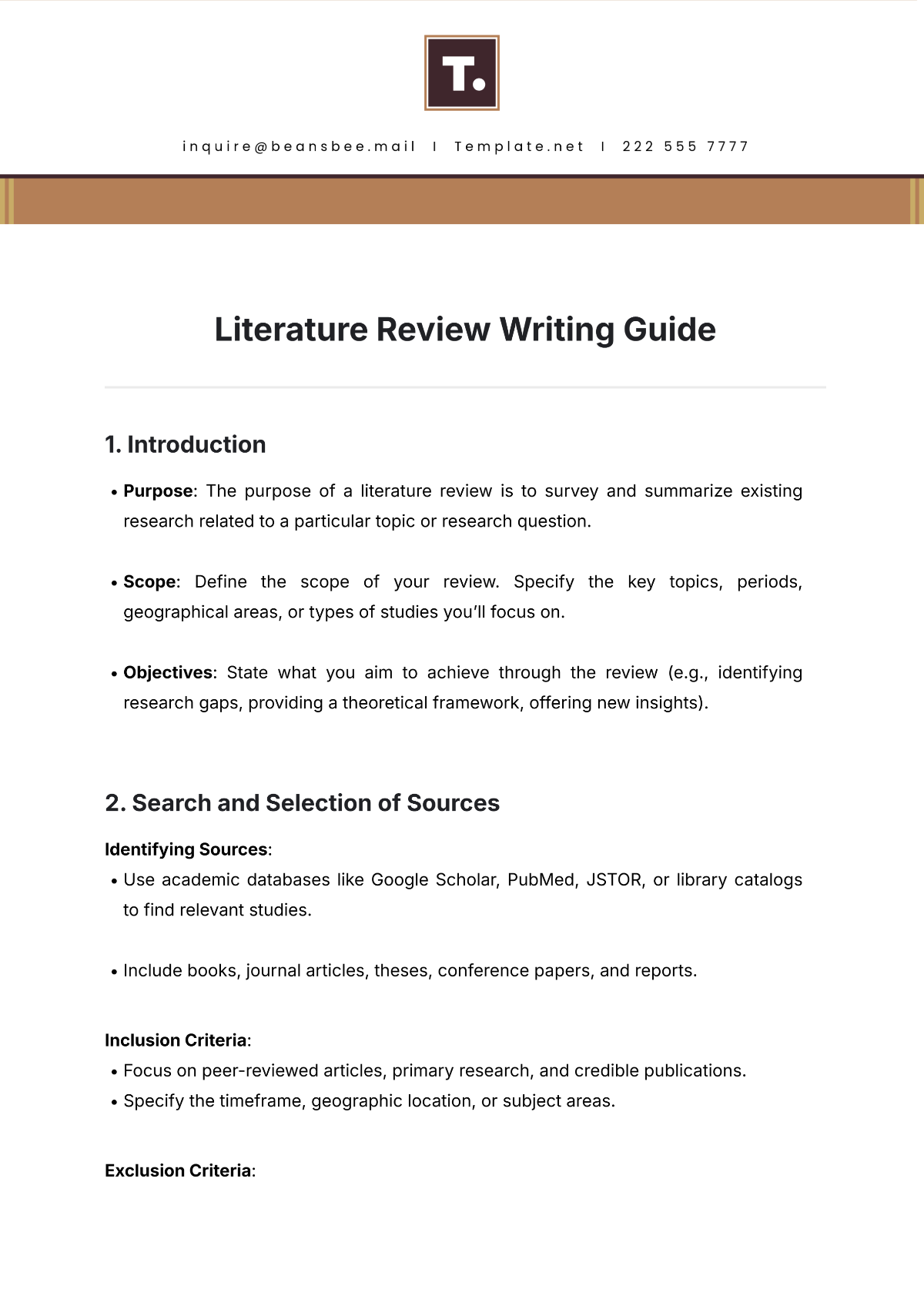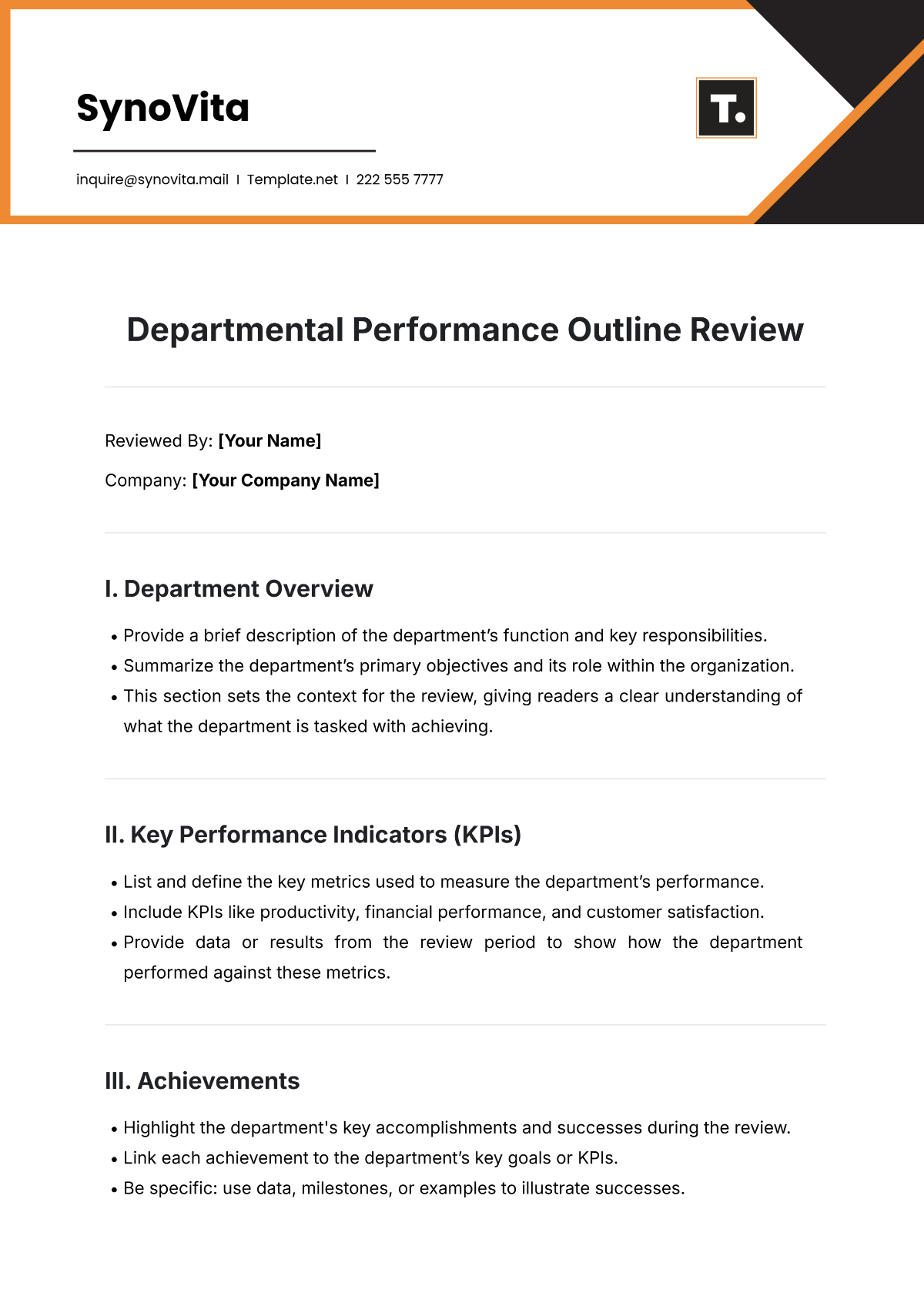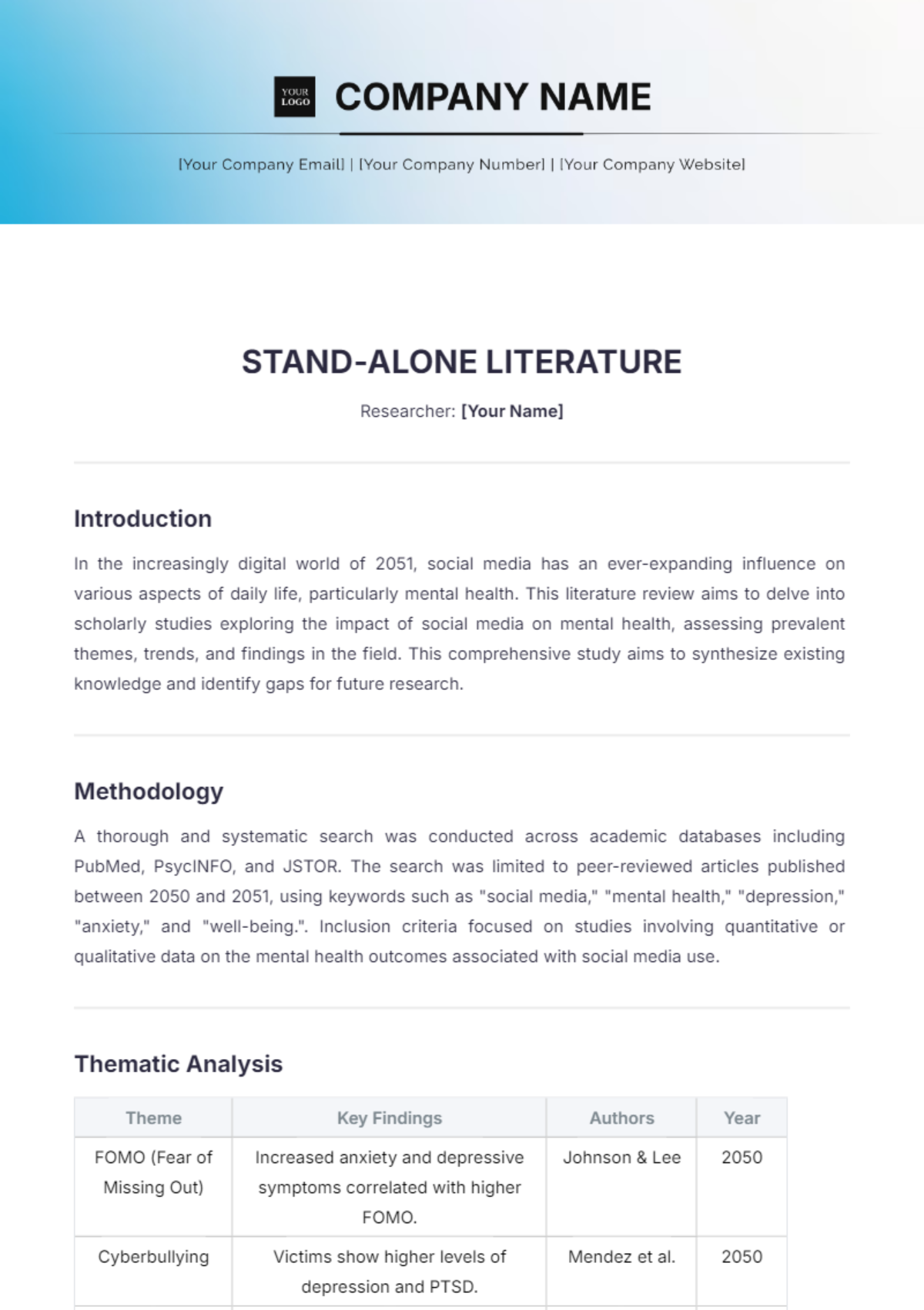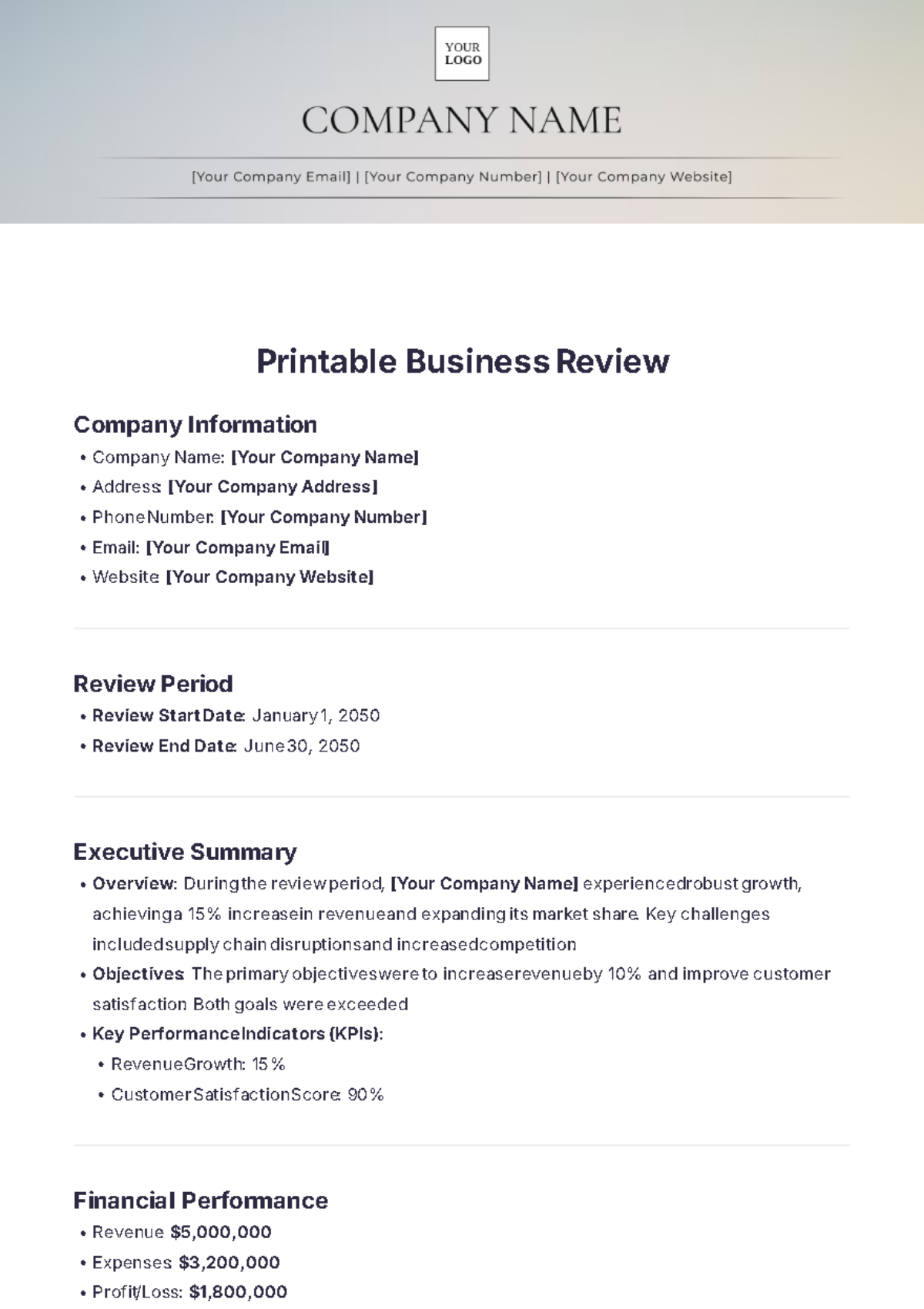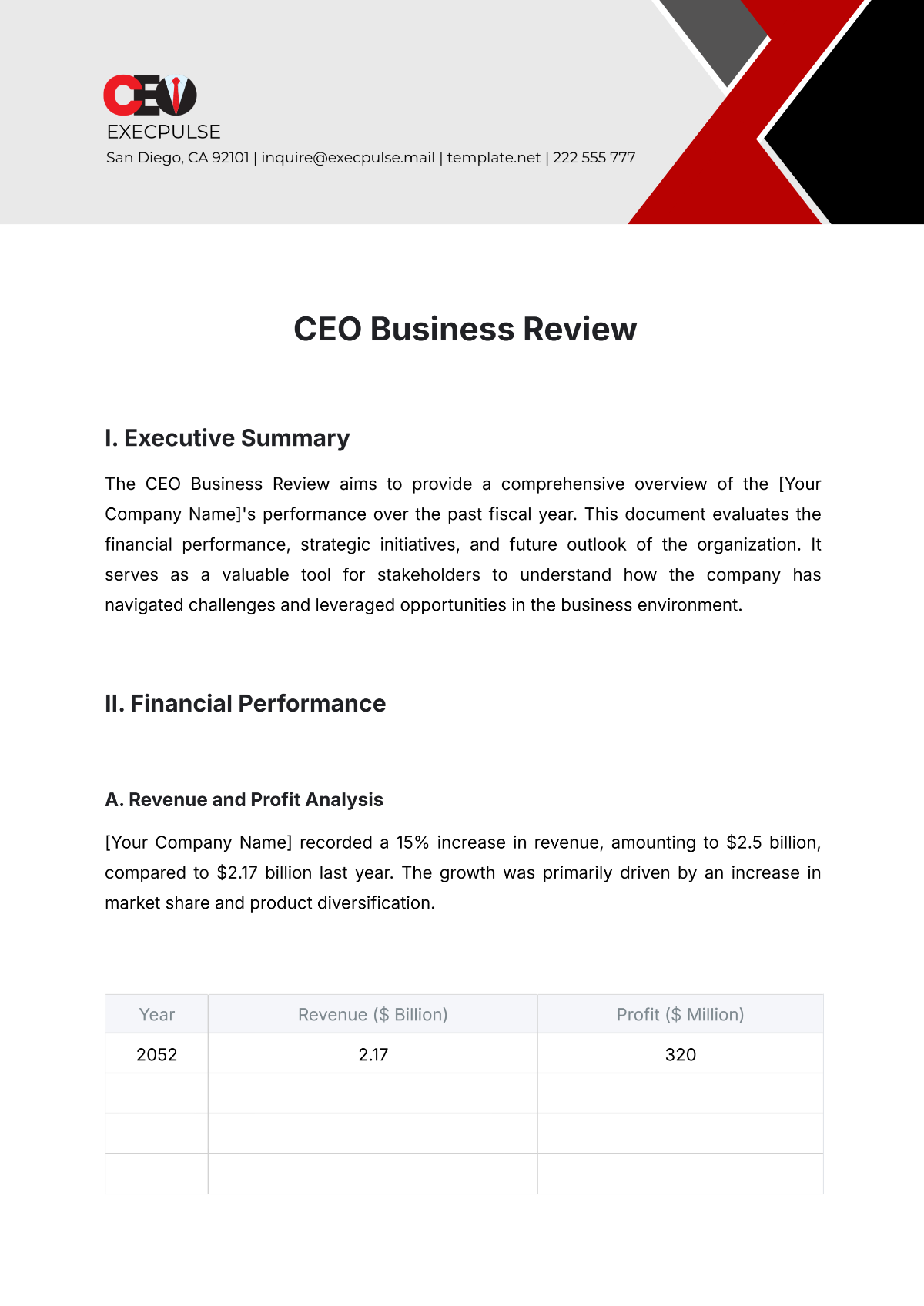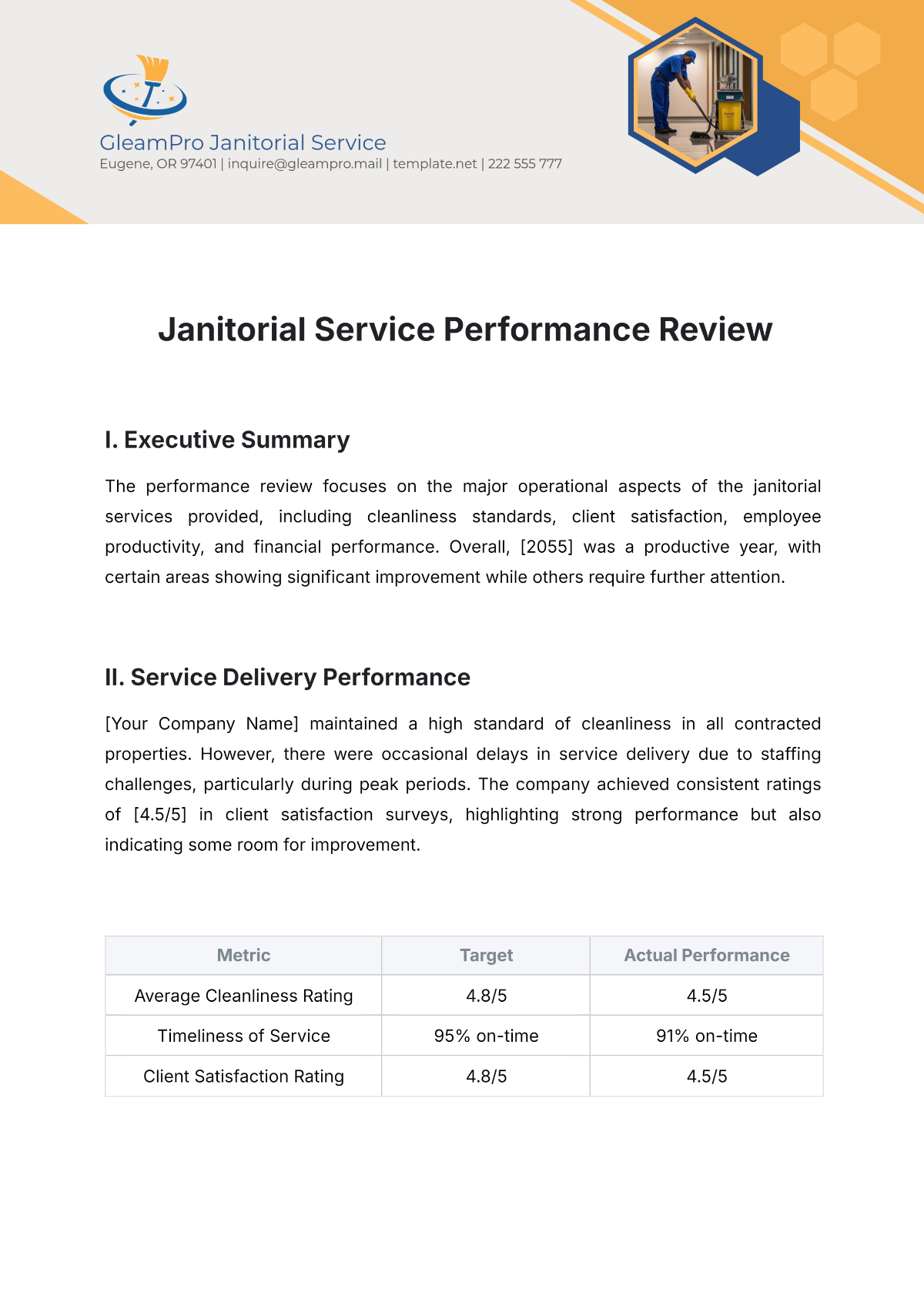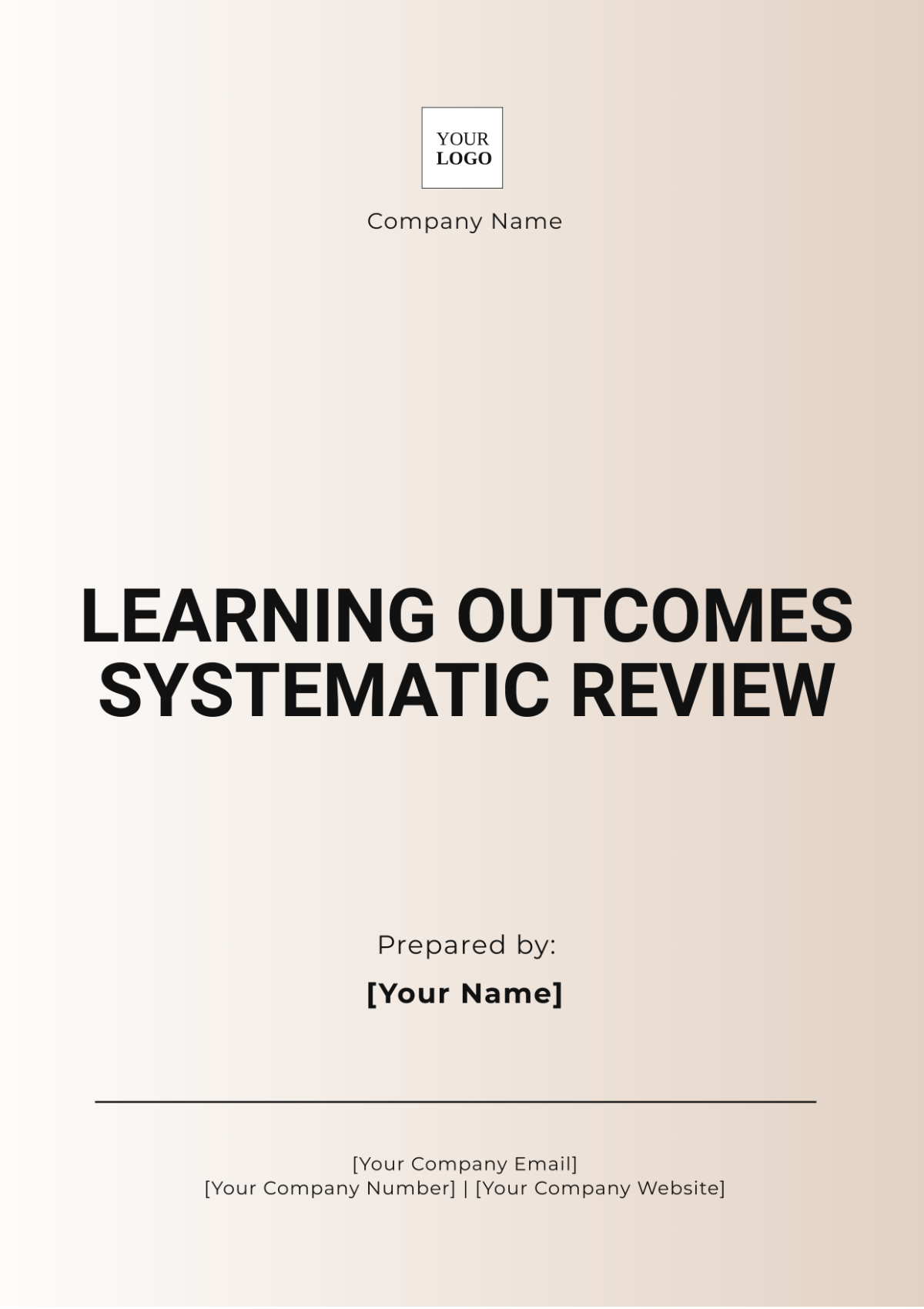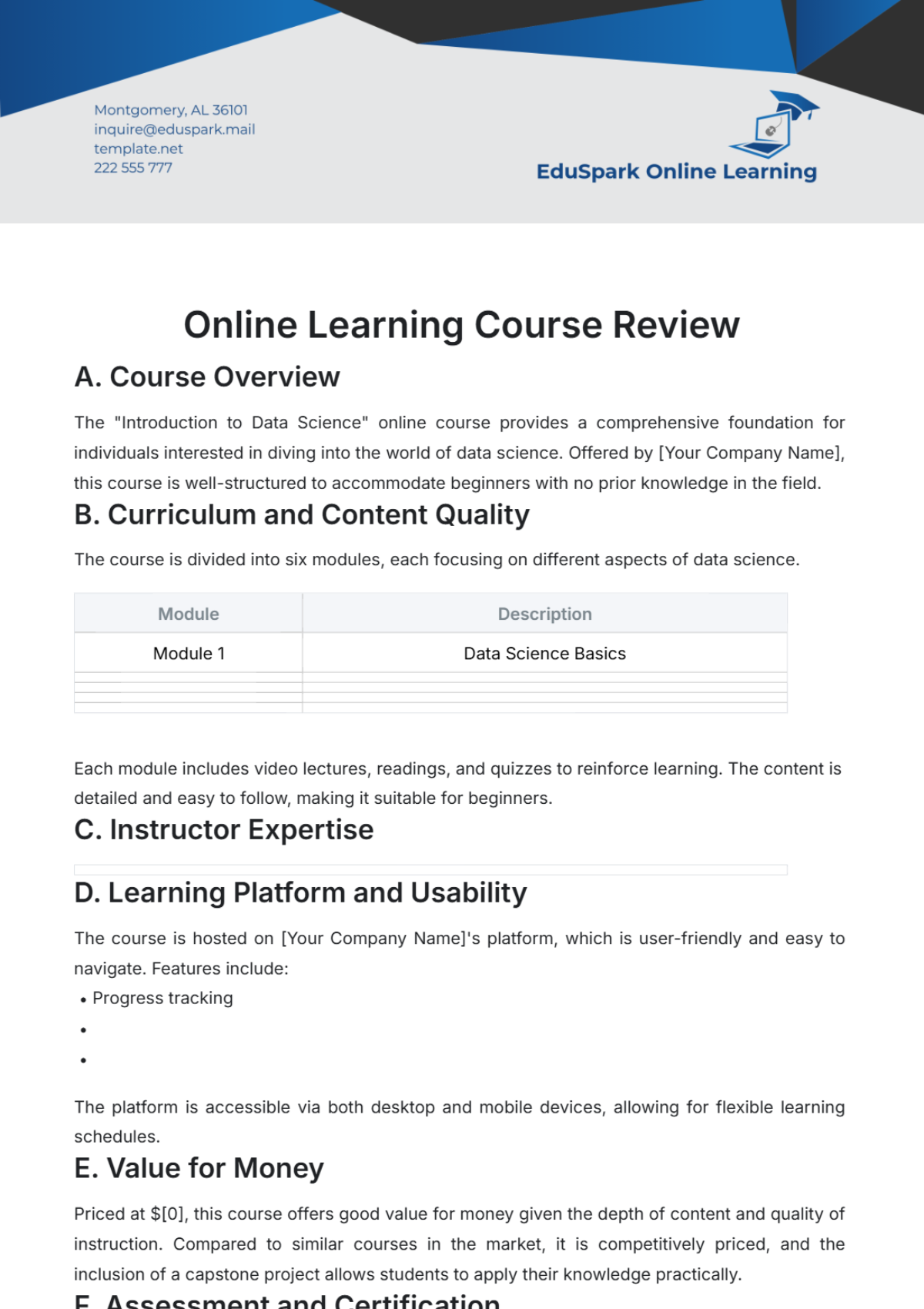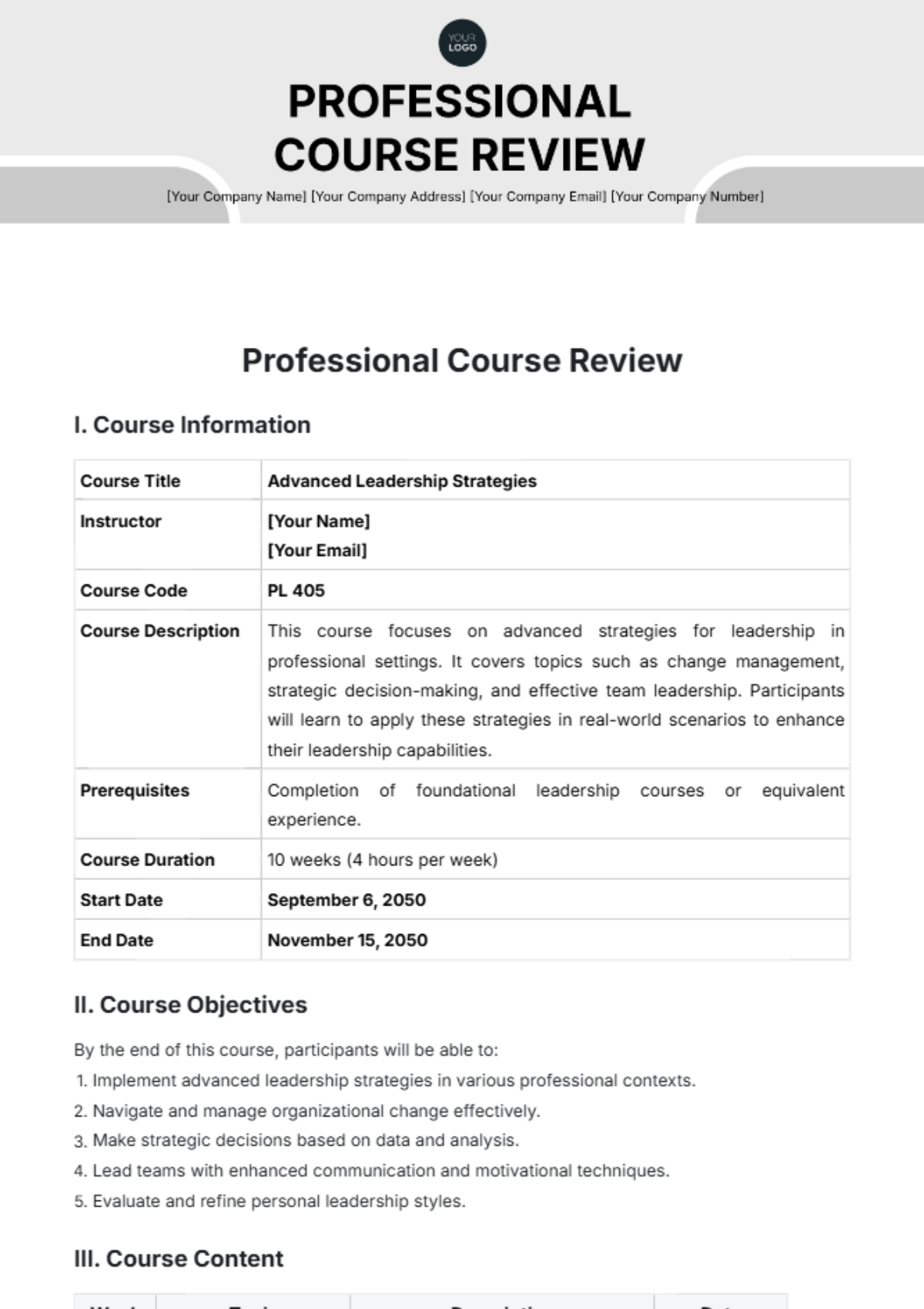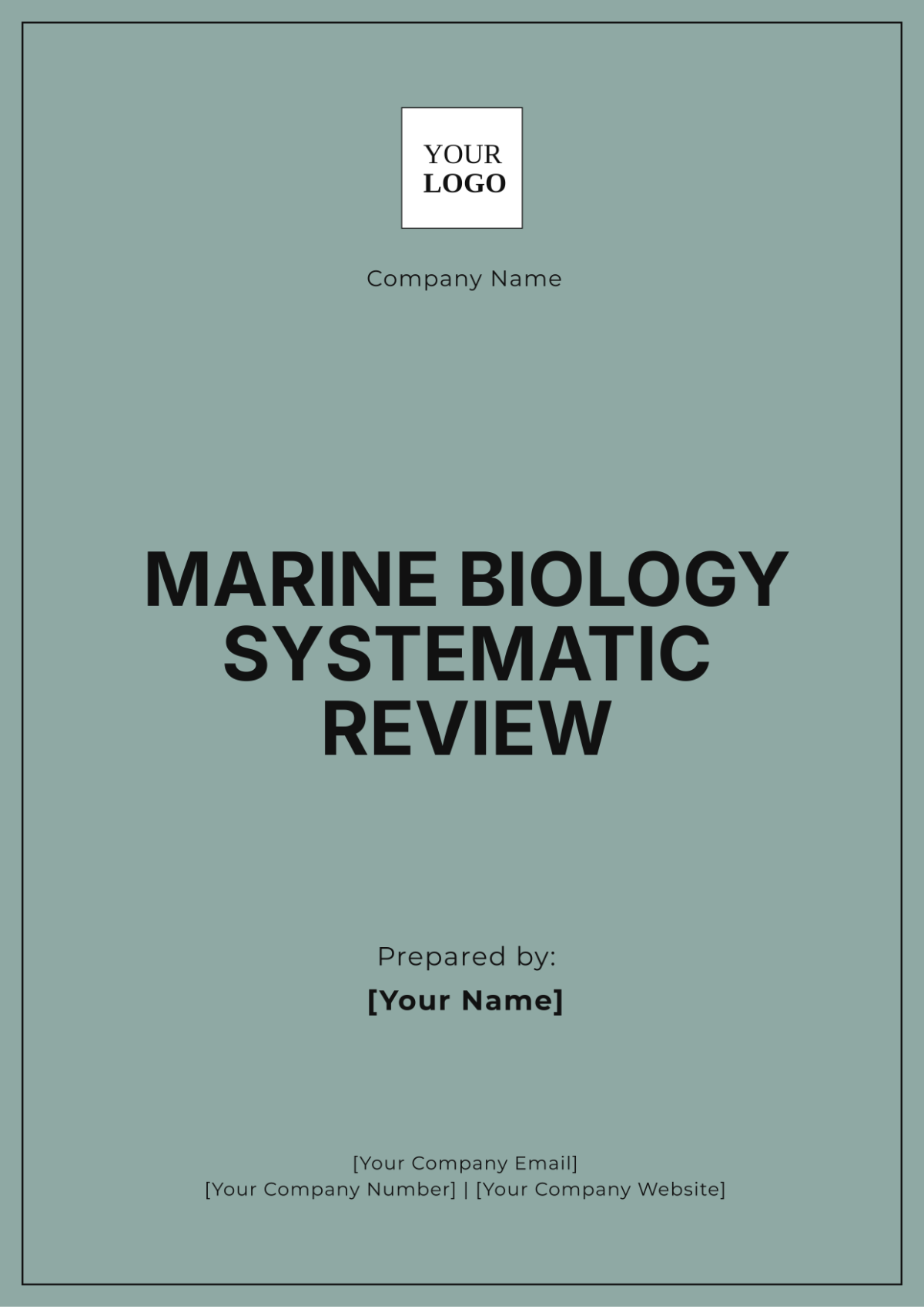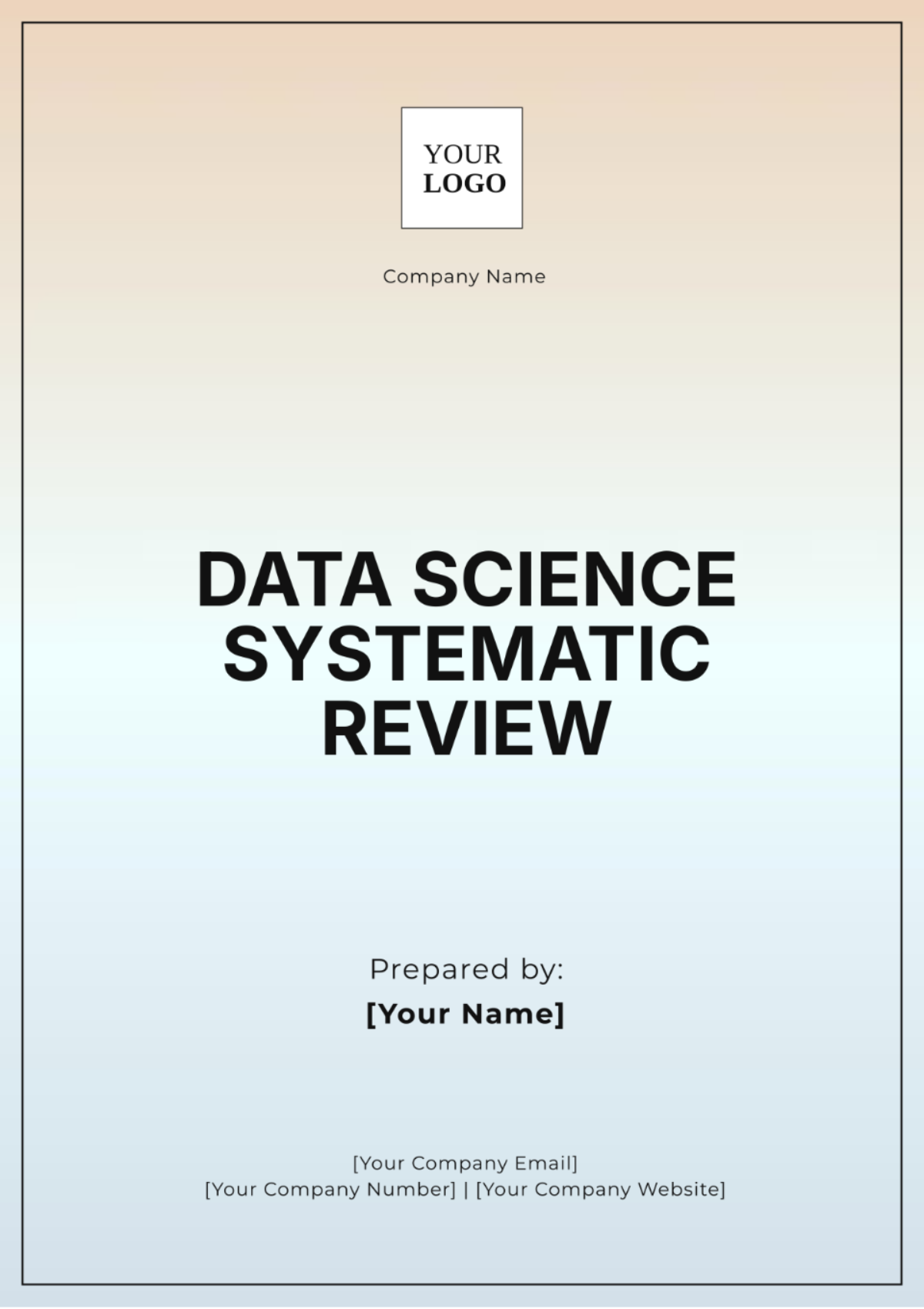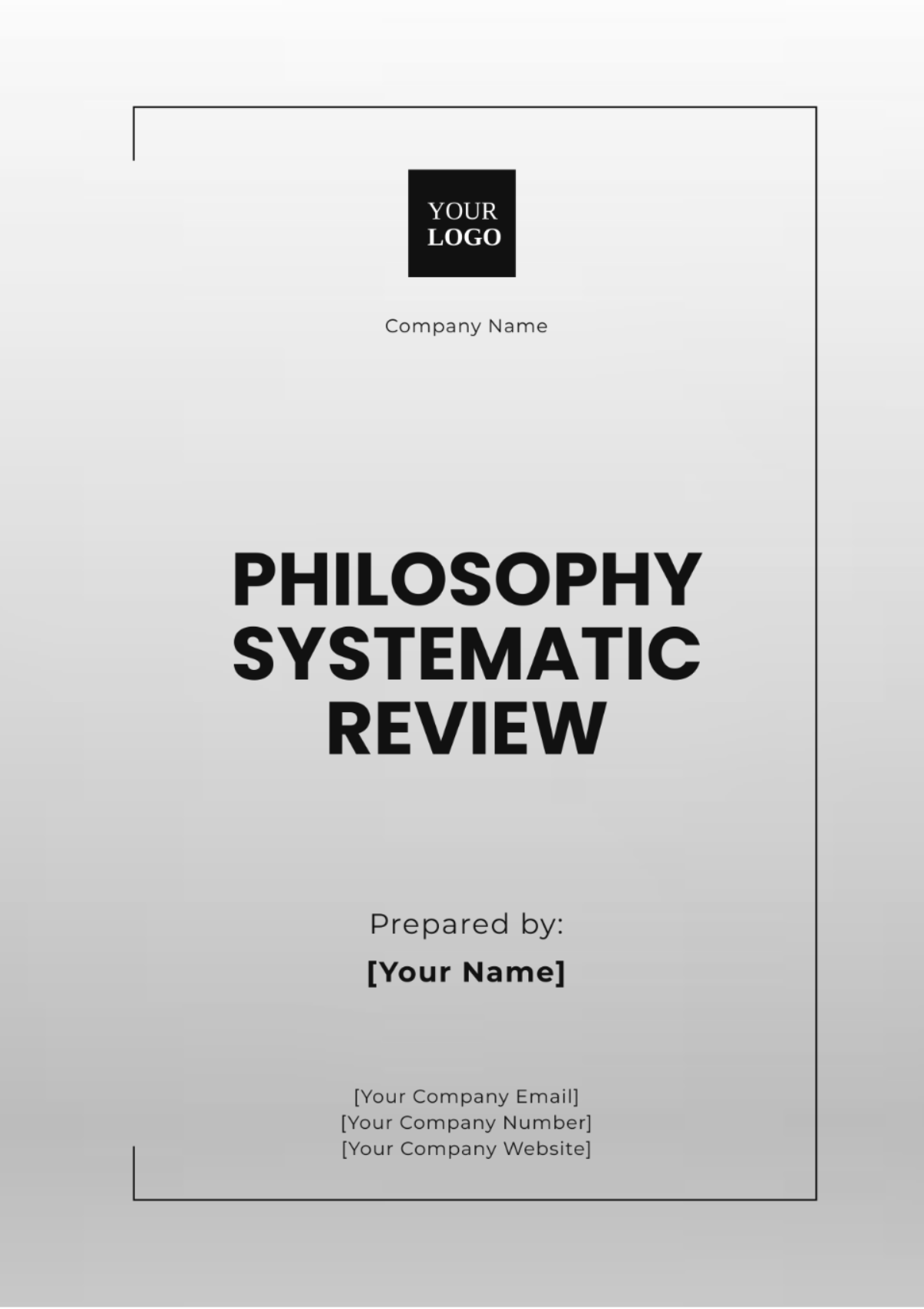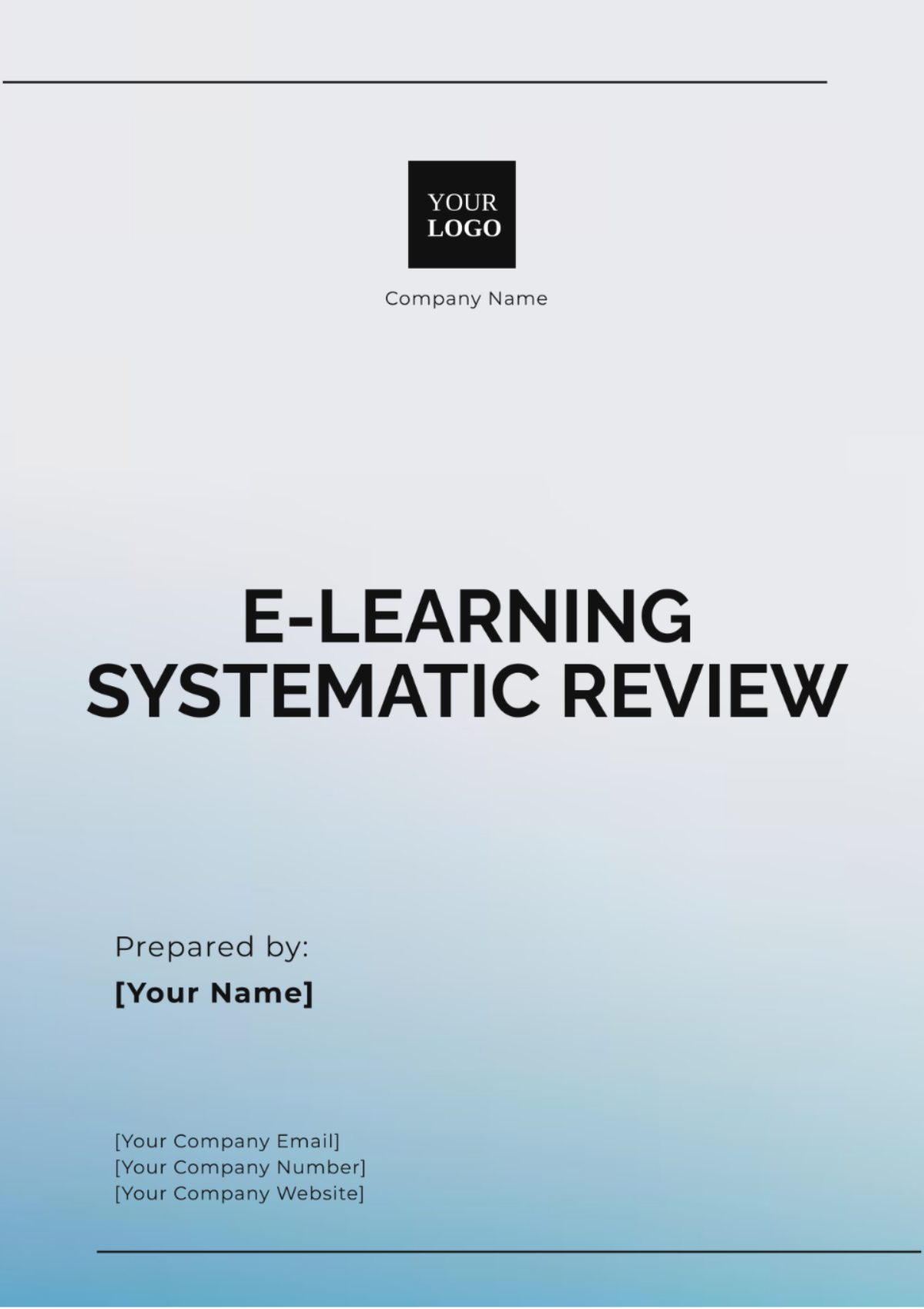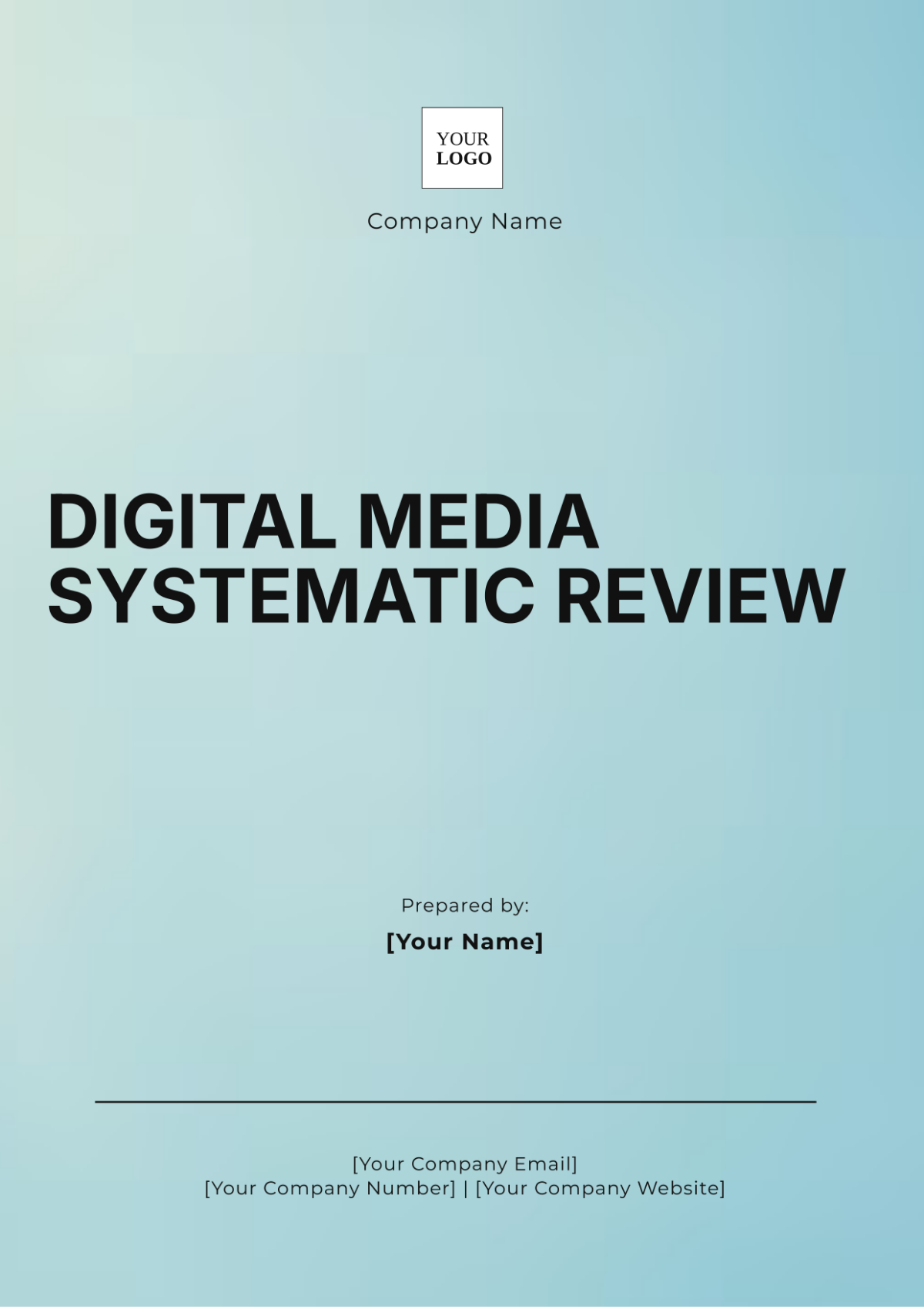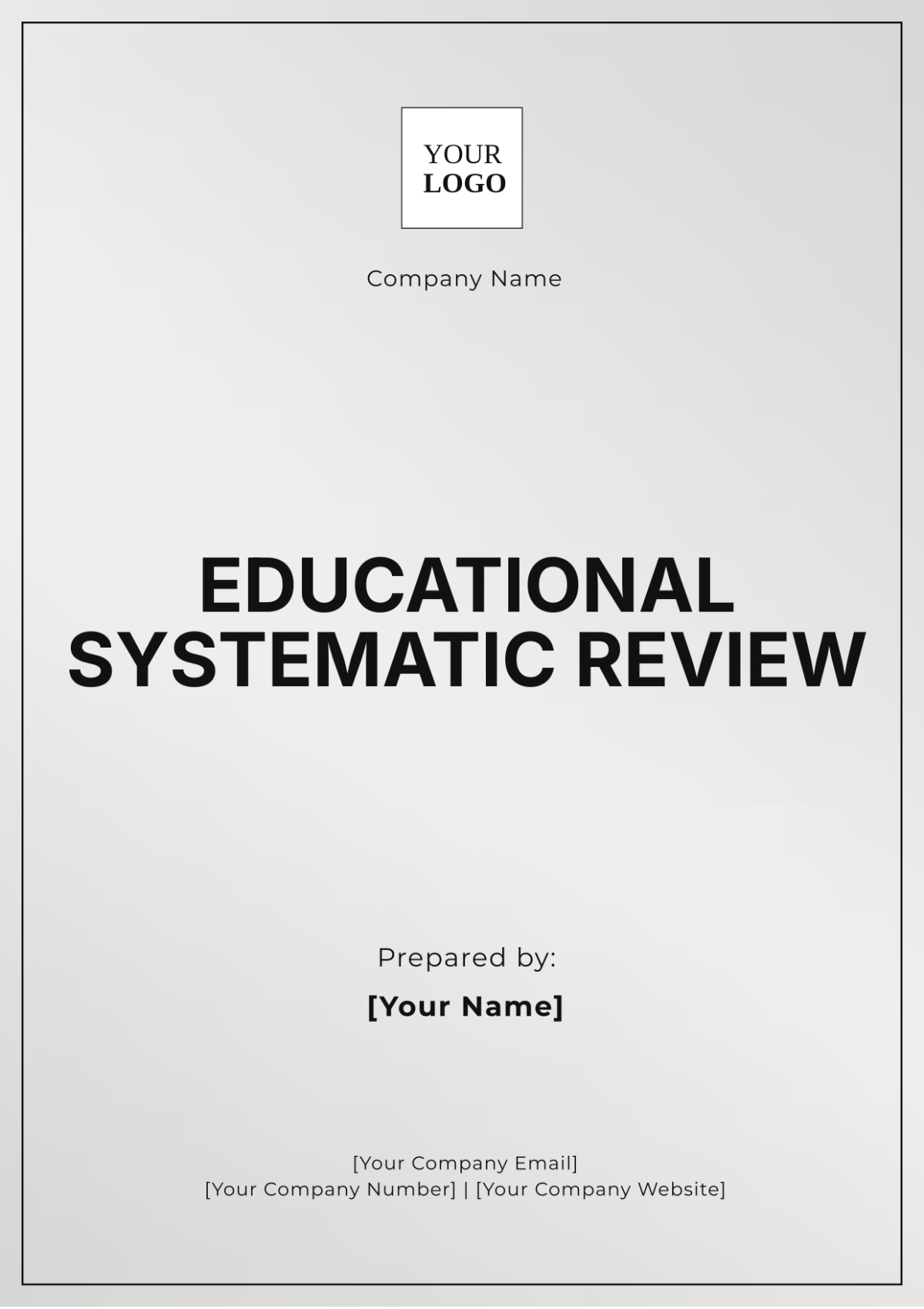Learning Outcomes Systematic Review
Prepared By: [Your Name]
I. Abstract
This systematic review aims to provide a comprehensive analysis of learning outcomes in education. It examines various methodologies, contexts, and results associated with learning outcomes to present a nuanced understanding of their impact on educational practices. The review integrates findings from diverse studies, highlighting key trends, challenges, and recommendations for future research.
II. Introduction
A. Background
Learning outcomes are critical components of educational frameworks, serving as indicators of student achievement and instructional effectiveness. They define what students are expected to know, be able to do, and value as a result of their educational experiences. This review explores the evolution, measurement, and impact of learning outcomes across different educational settings.
B. Objectives
To analyze various methods used to measure learning outcomes.
To evaluate learning outcomes' impact on educational practices.
To identify gaps and areas for future research.
III. Methodology
A. Search Strategy
A comprehensive search strategy was employed to identify relevant studies. Databases such as ERIC, JSTOR, and Google Scholar were utilized. Keywords included "learning outcomes," "educational assessment," "student performance," and "instructional effectiveness."
B. Inclusion Criteria
Peer-reviewed articles published between 2010 and 2023.
Studies focused on primary, secondary, and higher education.
Research addressing both qualitative and quantitative aspects of learning outcomes.
C. Data Extraction
Data were extracted based on:
Study design
Educational level
Measurement tools
Key findings
Recommendations
D. Data Synthesis
A narrative synthesis approach was used to summarize and interpret the findings. Data were categorized into themes for easier comparison and analysis.
IV. Results
A. Overview of Studies
Table 1 summarizes the characteristics of the included studies.
Study | Author(s) | Year | Educational Level | Methodology | Key Findings |
|---|---|---|---|---|---|
1 | Smith et al. | 2050 | Primary Education | Qualitative | Positive impact on student engagement |
2 | Johnson & Lee | 2051 | Secondary Education | Quantitative | Correlation between assessment methods and learning outcomes |
3 | Brown et al. | 2052 | Higher Education | Mixed Methods | Effective use of rubrics enhances learning outcomes |
B. Methods for Measuring Learning Outcomes
1. Assessment Tools
Standardized Tests: Widely used for measuring academic achievement and skills.
Rubrics: Provide detailed criteria for evaluating student performance.
Portfolios: Offer a comprehensive view of student progress and abilities.
2. Challenges in Measurement
Validity: Ensuring that assessment tools accurately measure learning outcomes.
Reliability: Consistency of results across different contexts and raters.
Bias: Avoiding potential biases in assessment and evaluation processes.
C. Impact on Educational Practices
1. Instructional Design
Alignment with Standards: Learning outcomes should align with educational standards and objectives.
Feedback Mechanisms: Effective feedback helps students understand and achieve desired outcomes.
Differentiated Instruction: Tailoring instruction to meet diverse learning needs enhances outcomes.
2. Student Engagement
Active Learning: Encourages deeper understanding and retention of knowledge.
Collaborative Learning: Promotes critical thinking and problem-solving skills.
V. Discussion
A. Key Findings
Effectiveness of Rubrics: Rubrics are effective in clarifying expectations and improving student performance.
Role of Feedback: Timely and constructive feedback is crucial for enhancing learning outcomes.
Challenges in Standardized Testing: While useful, standardized tests may not fully capture the breadth of student learning.
B. Implications for Practice
Educators should consider integrating diverse assessment methods and providing ongoing feedback to improve learning outcomes. There is also a need for ongoing research to address challenges in assessment and to develop more effective measurement tools.
C. Recommendations for Future Research
Longitudinal Studies: To track the long-term impact of learning outcomes on student achievement.
Cross-Cultural Studies: To explore how learning outcomes are influenced by cultural contexts.
Innovative Assessment Methods: Development and evaluation of new assessment tools to better capture learning outcomes.
VI. Conclusion
This systematic review highlights the importance of effective measurement and assessment of learning outcomes in education. By addressing existing challenges and incorporating diverse methodologies, educators can enhance instructional practices and support student success. Ongoing research is essential to refine assessment strategies and ensure that learning outcomes are accurately and meaningfully measured.

